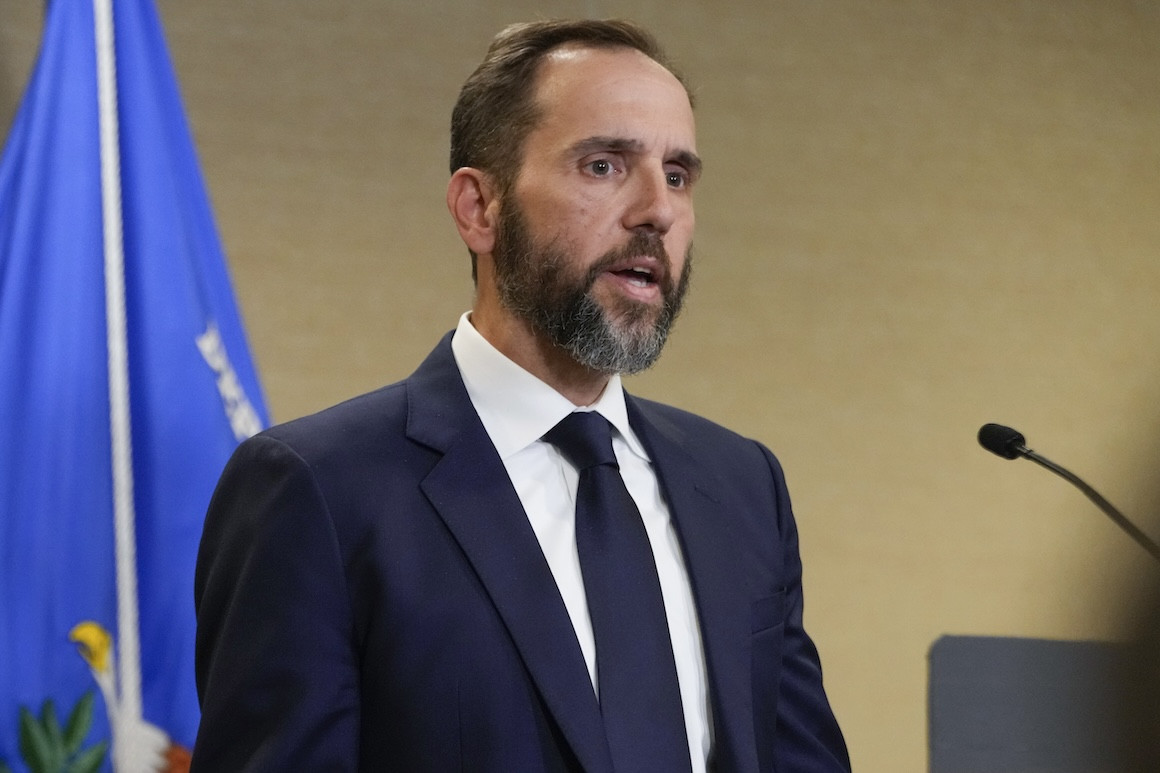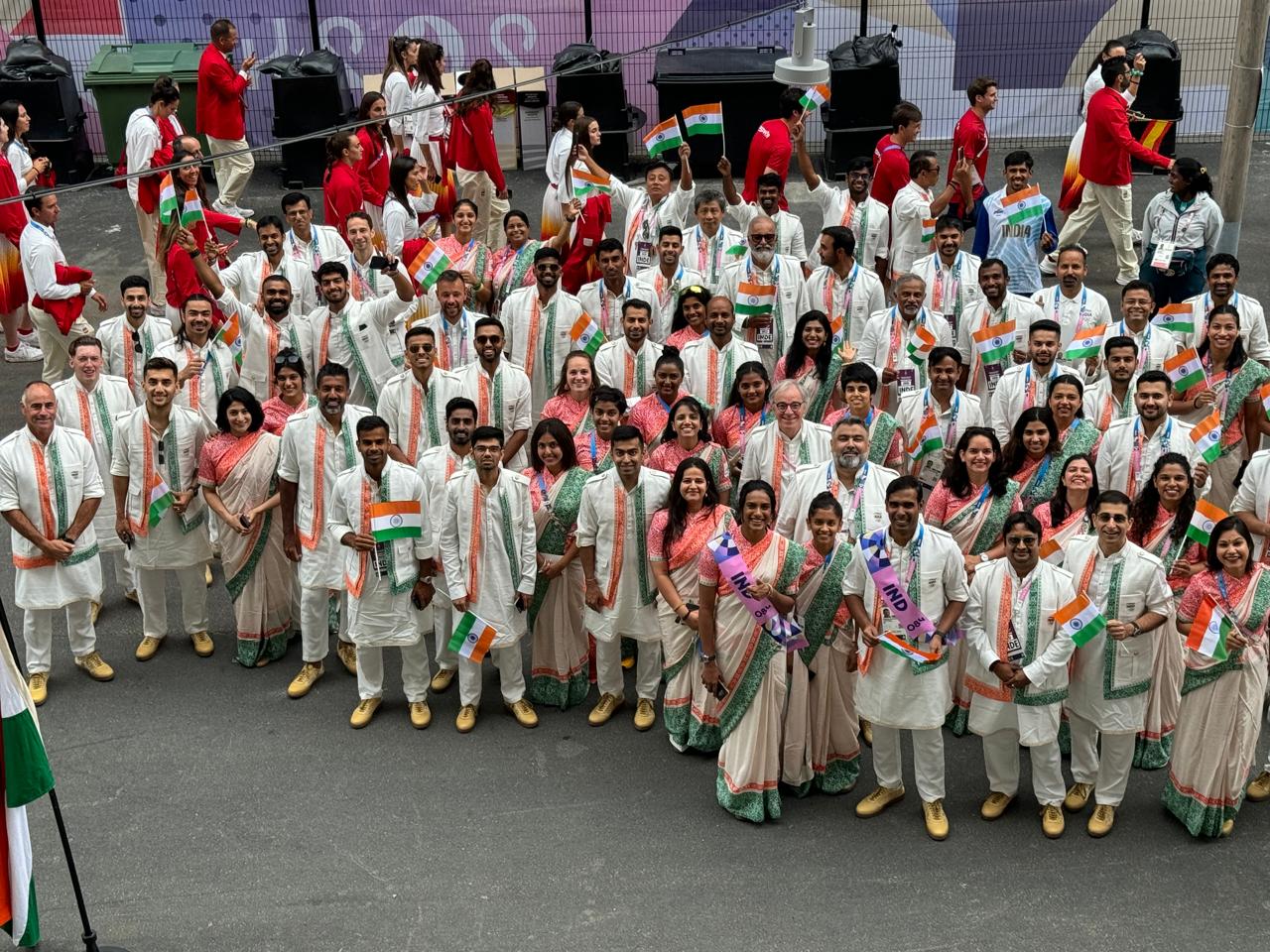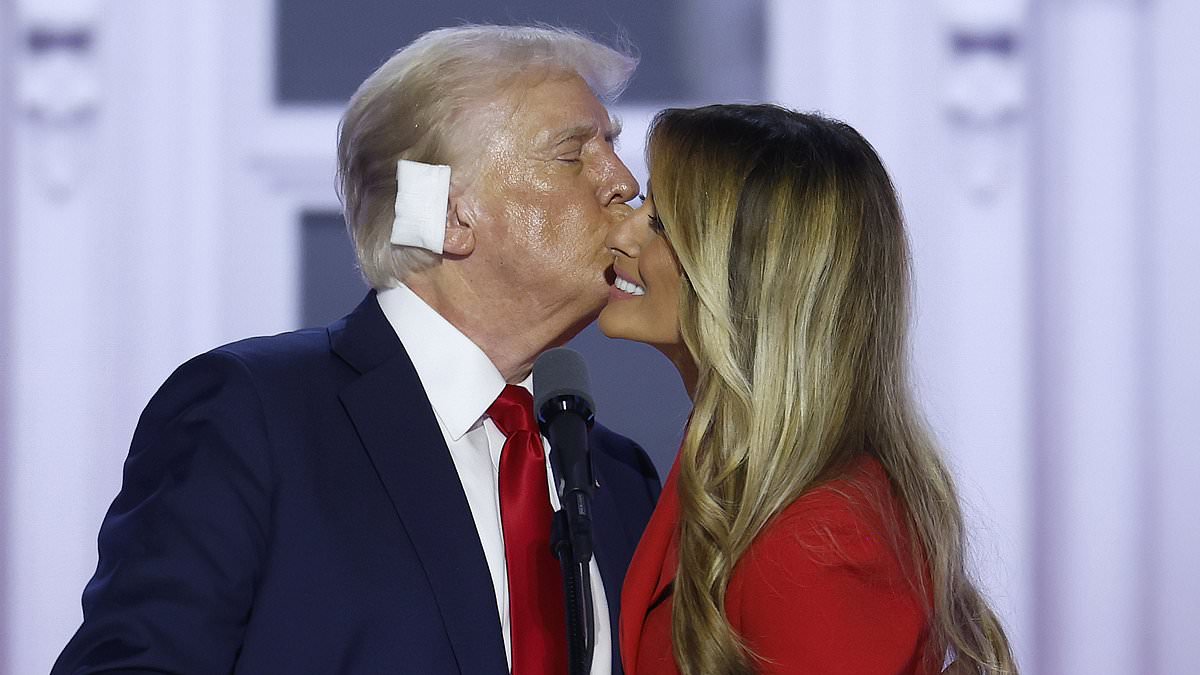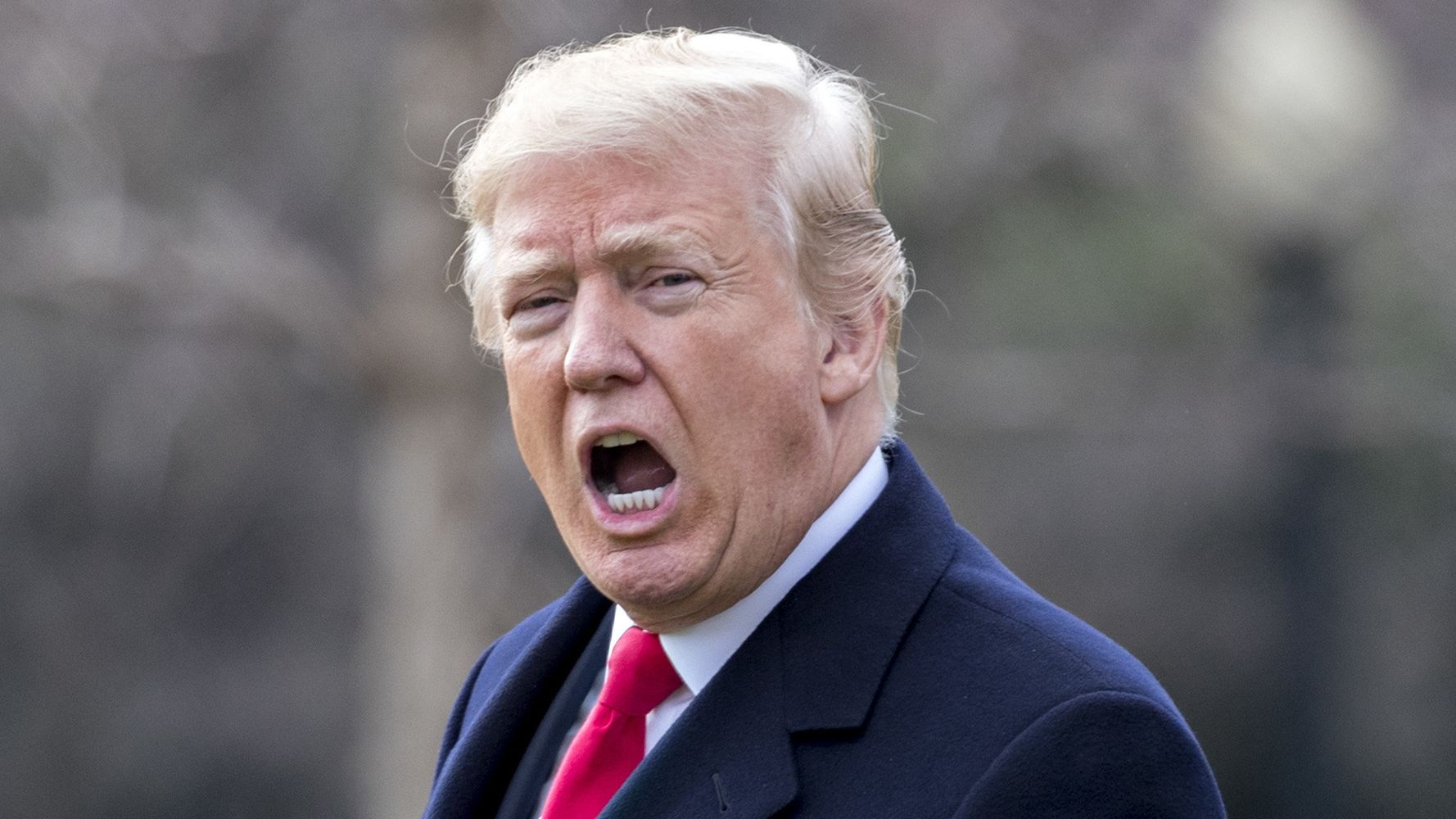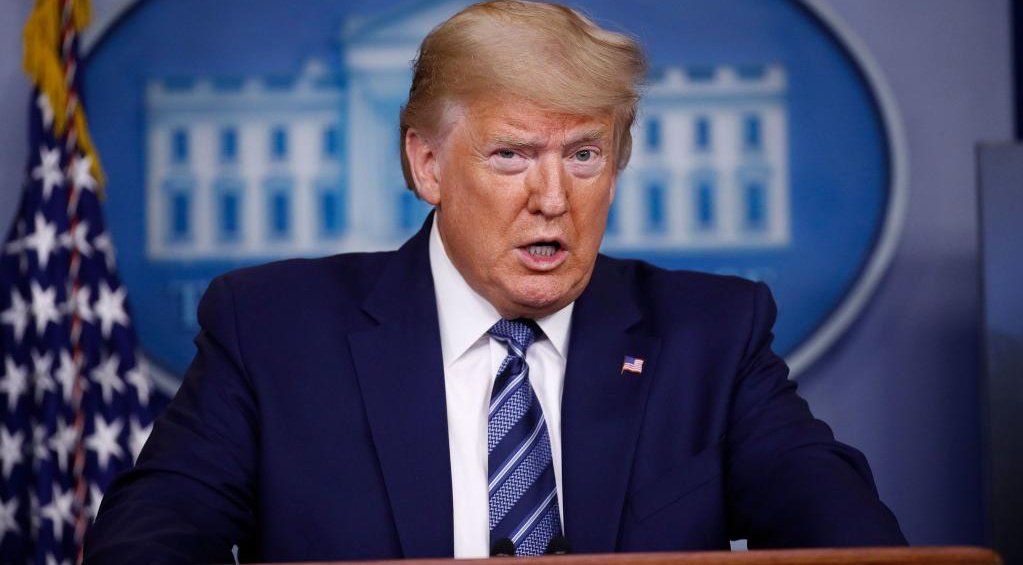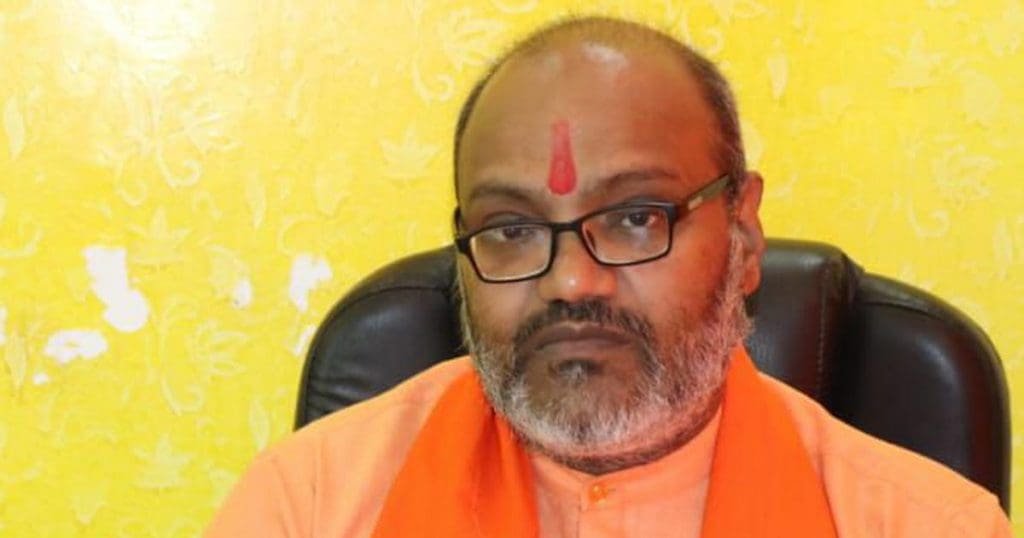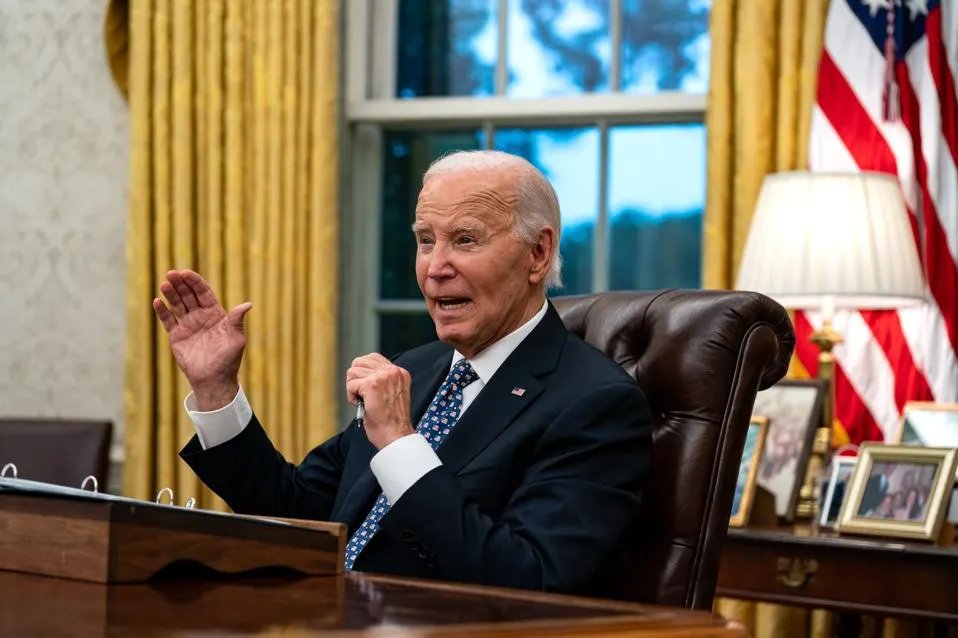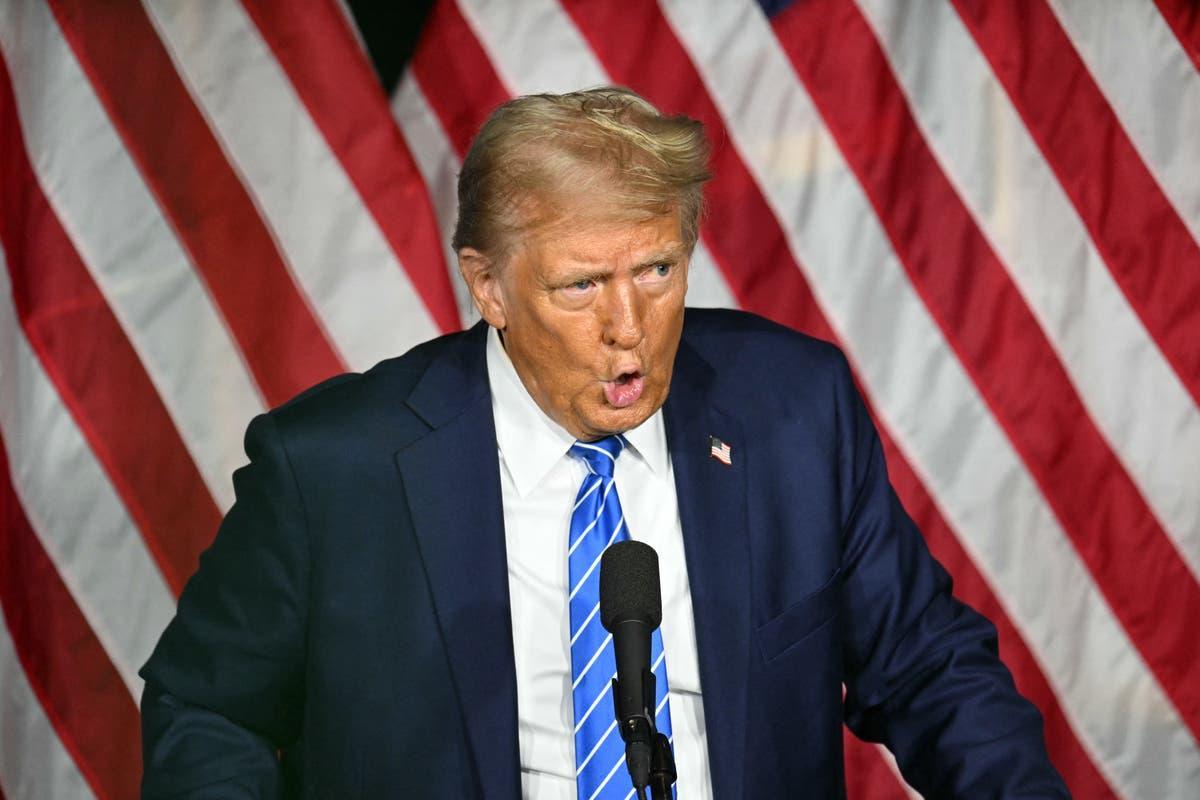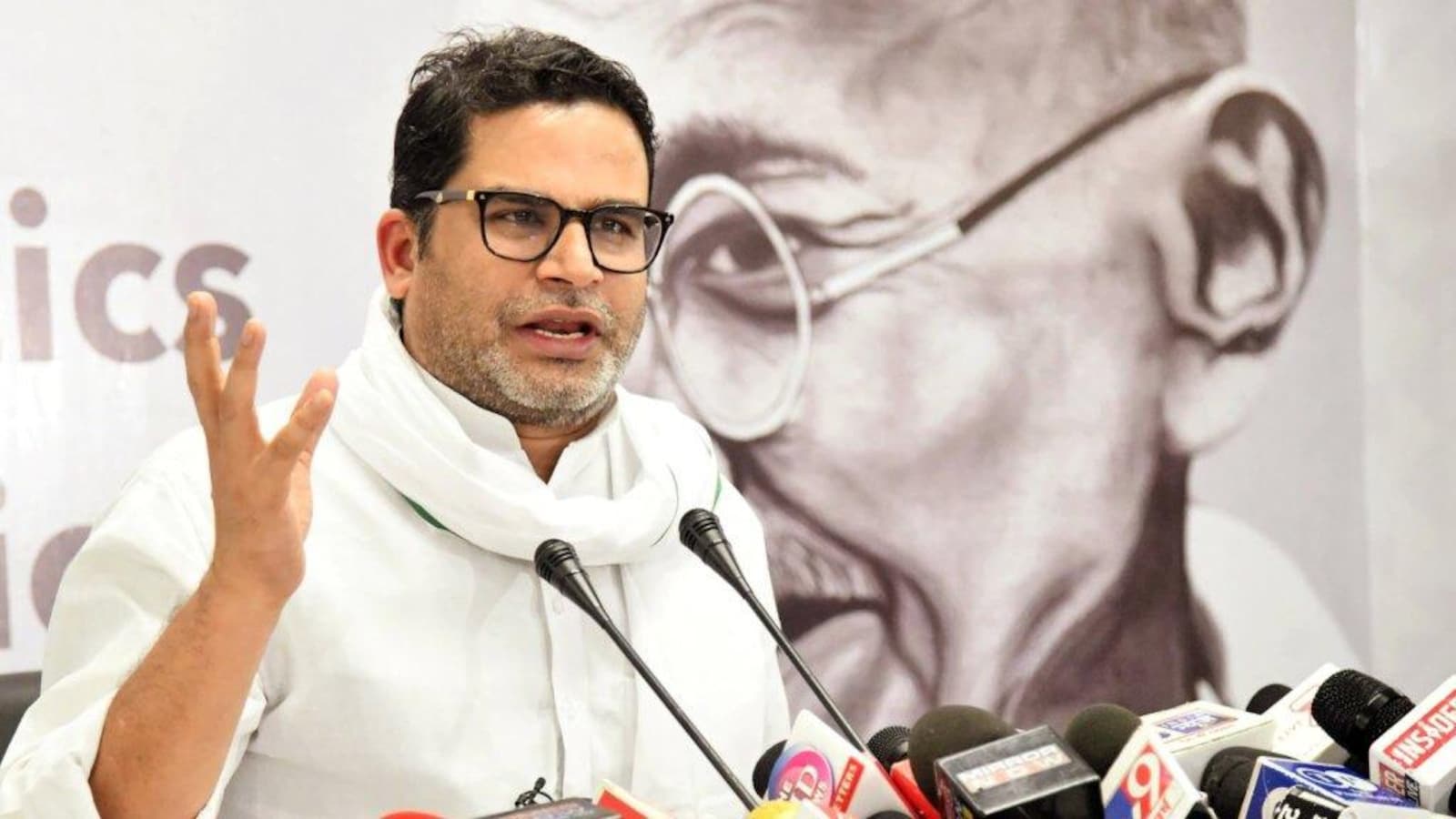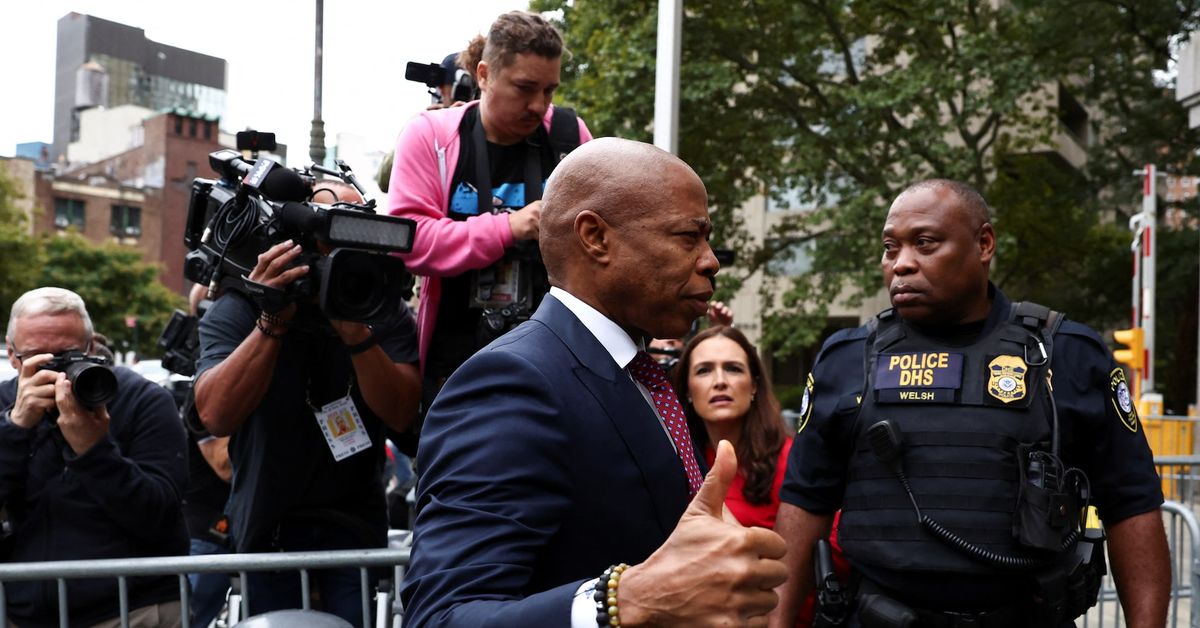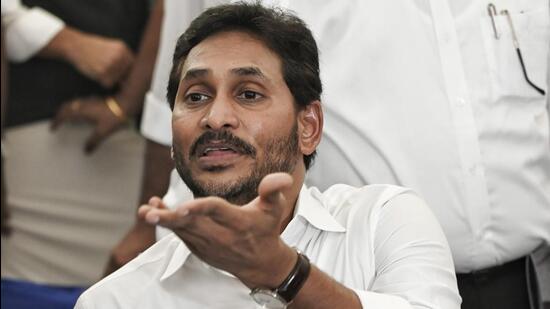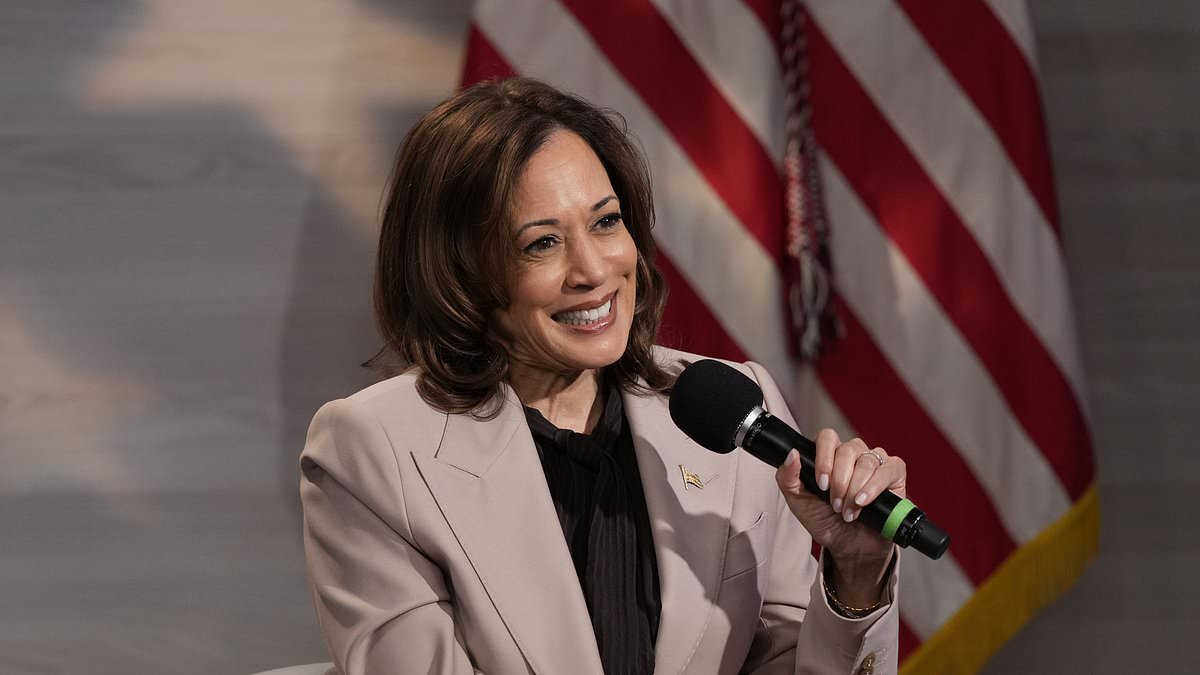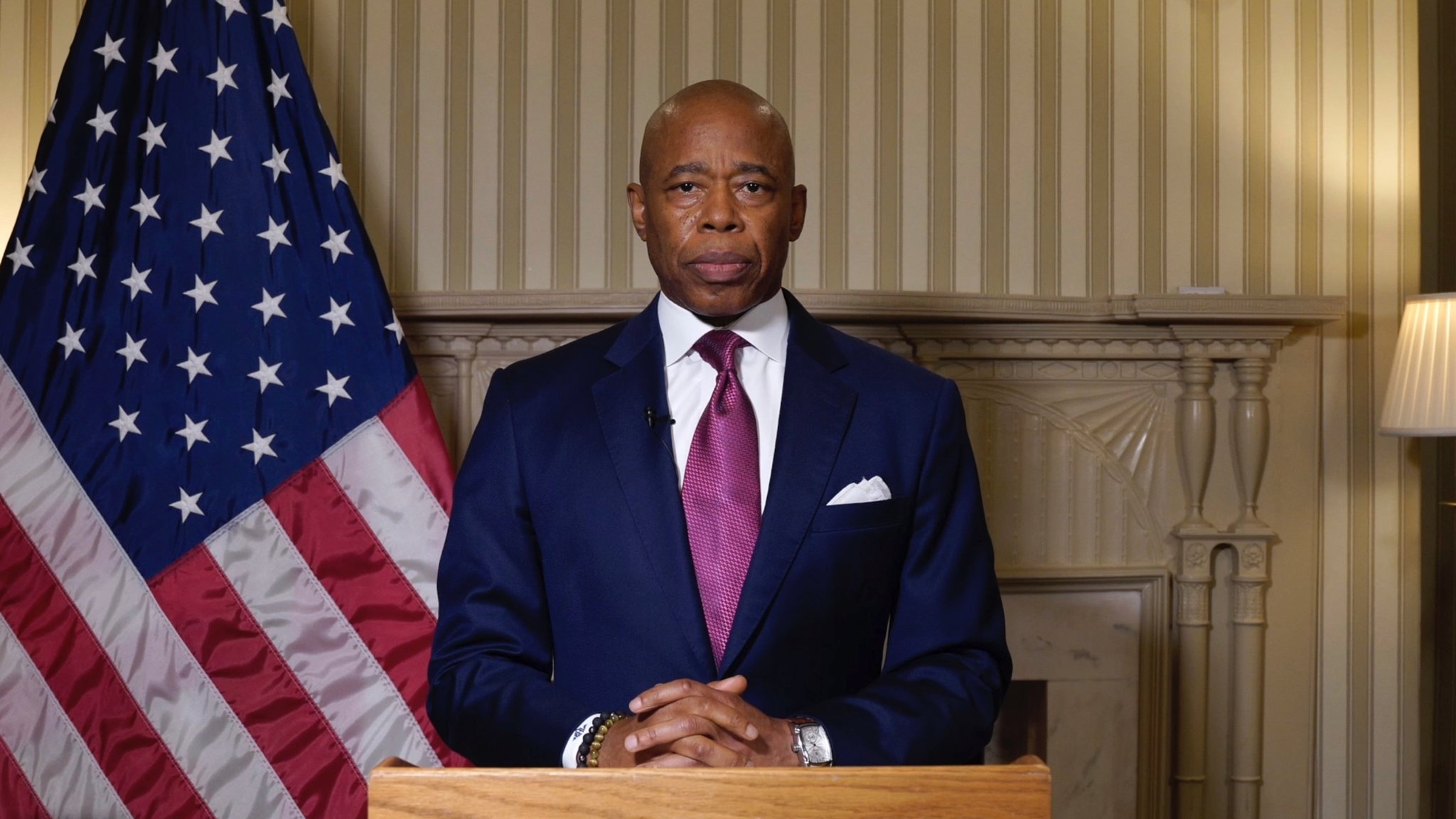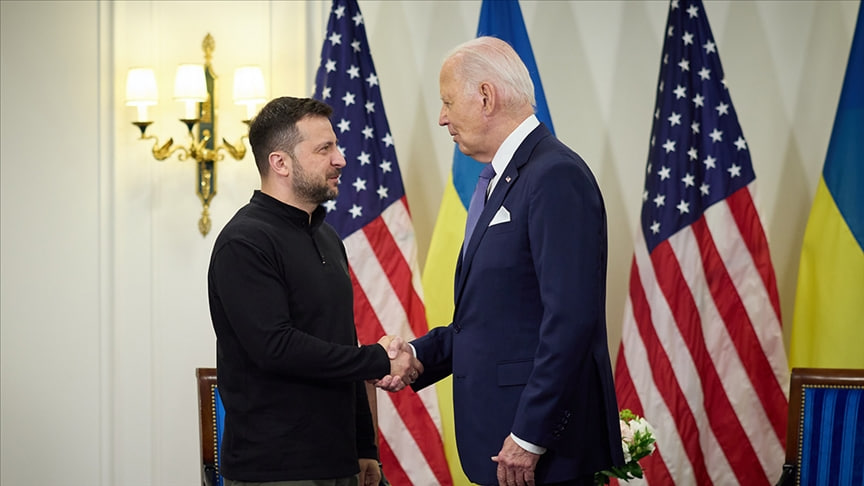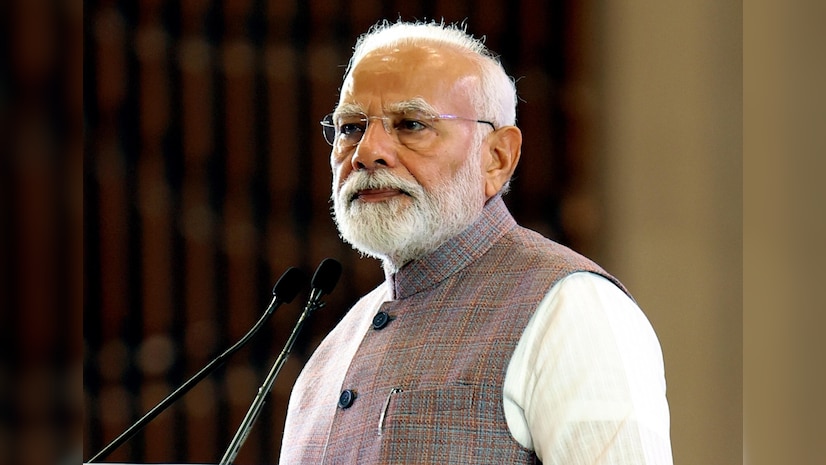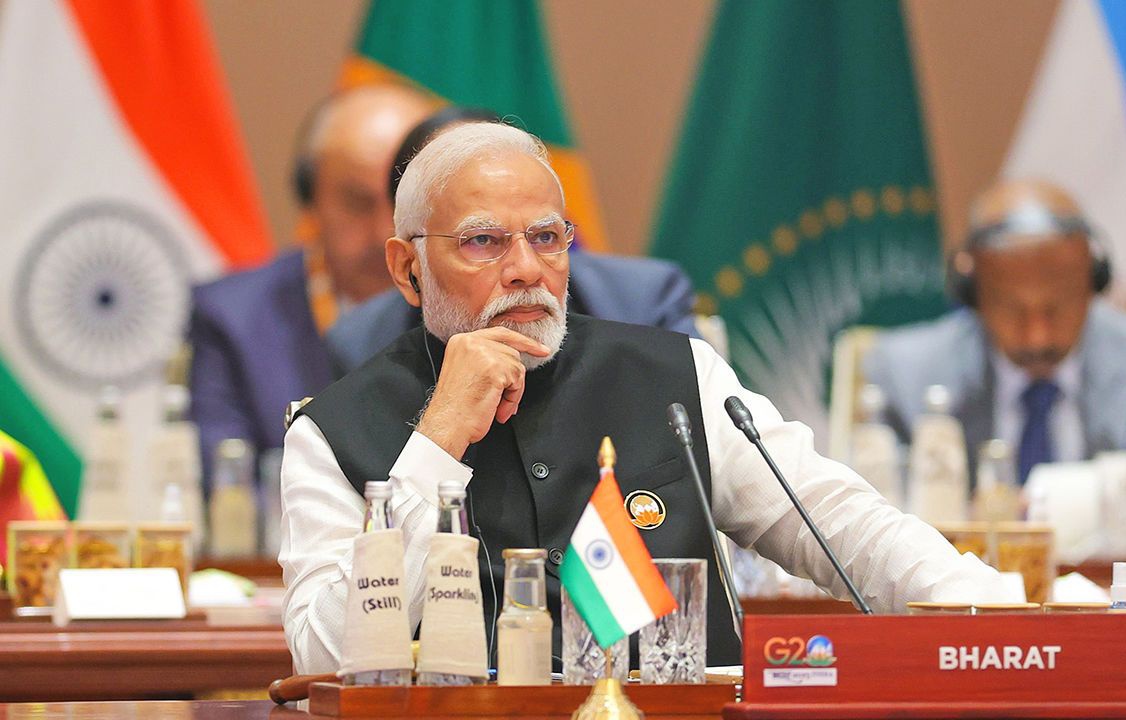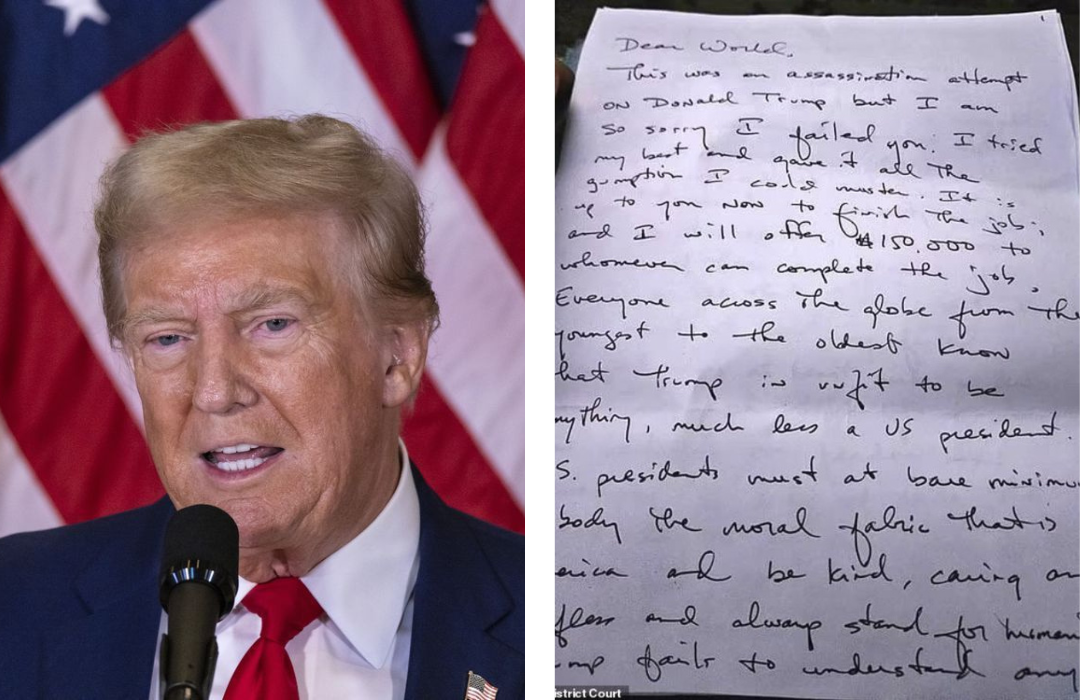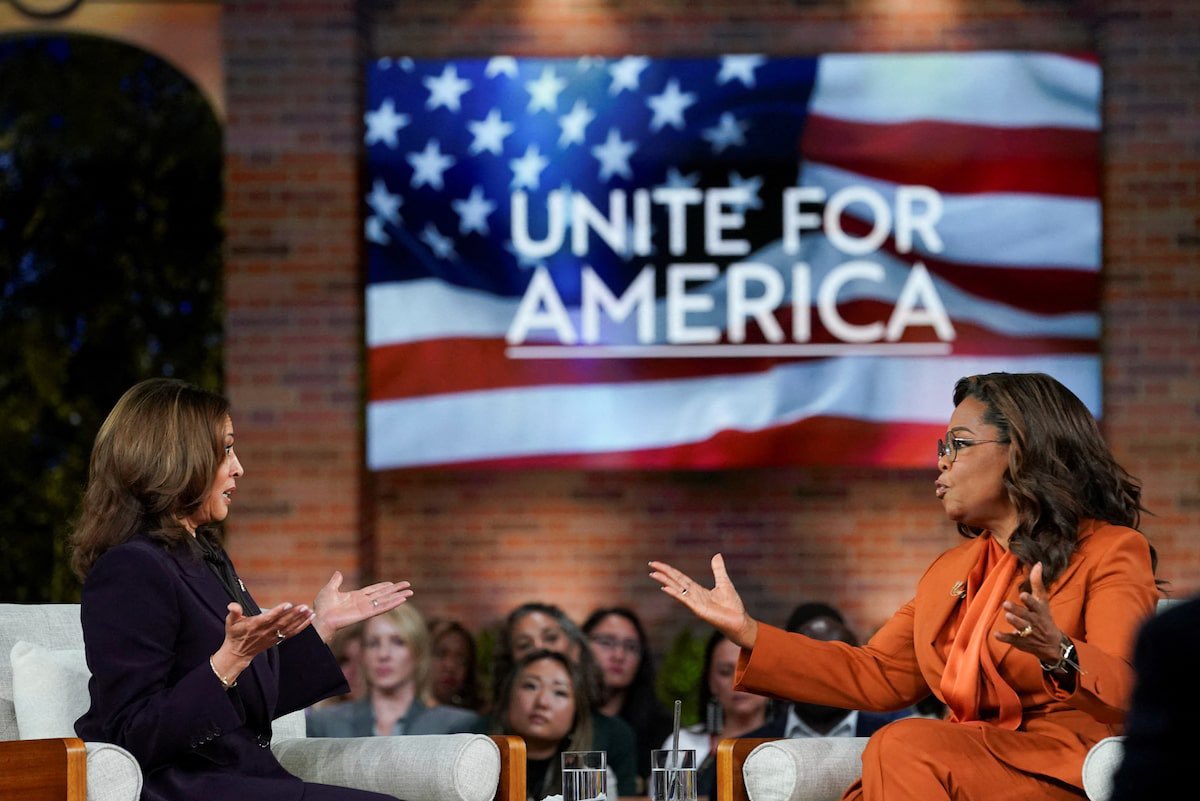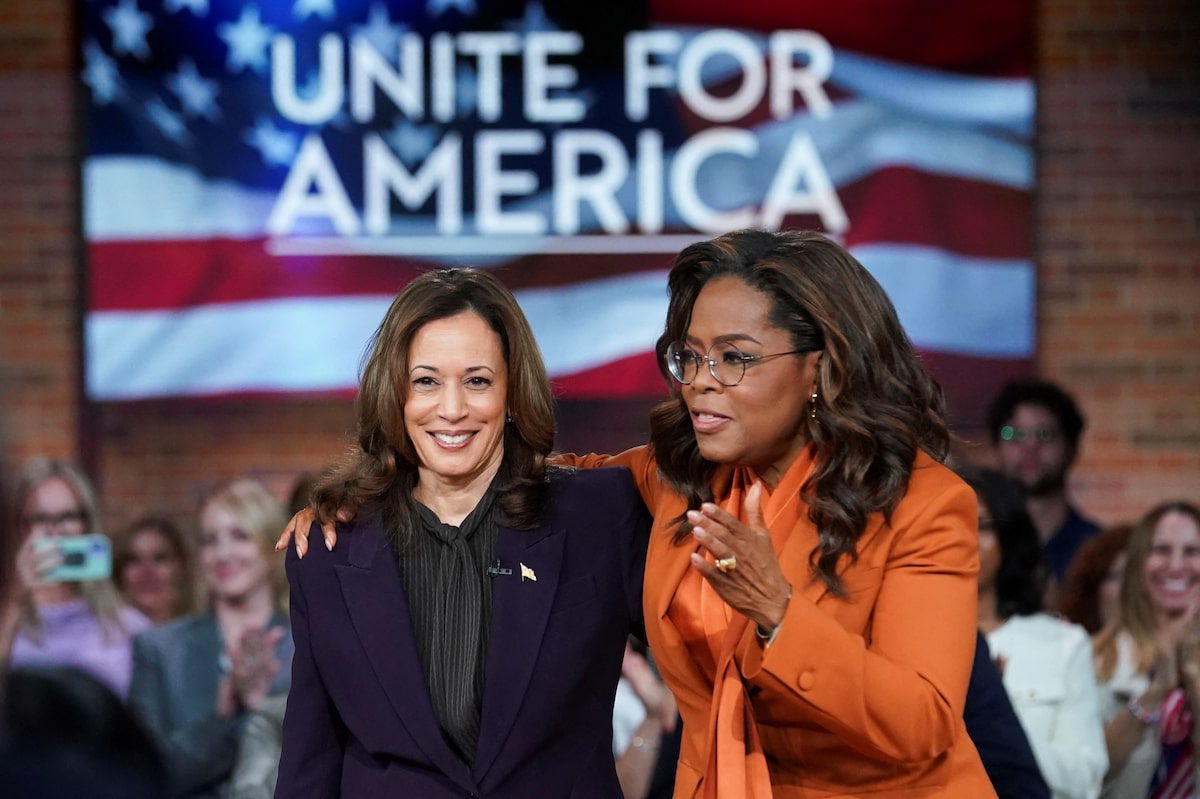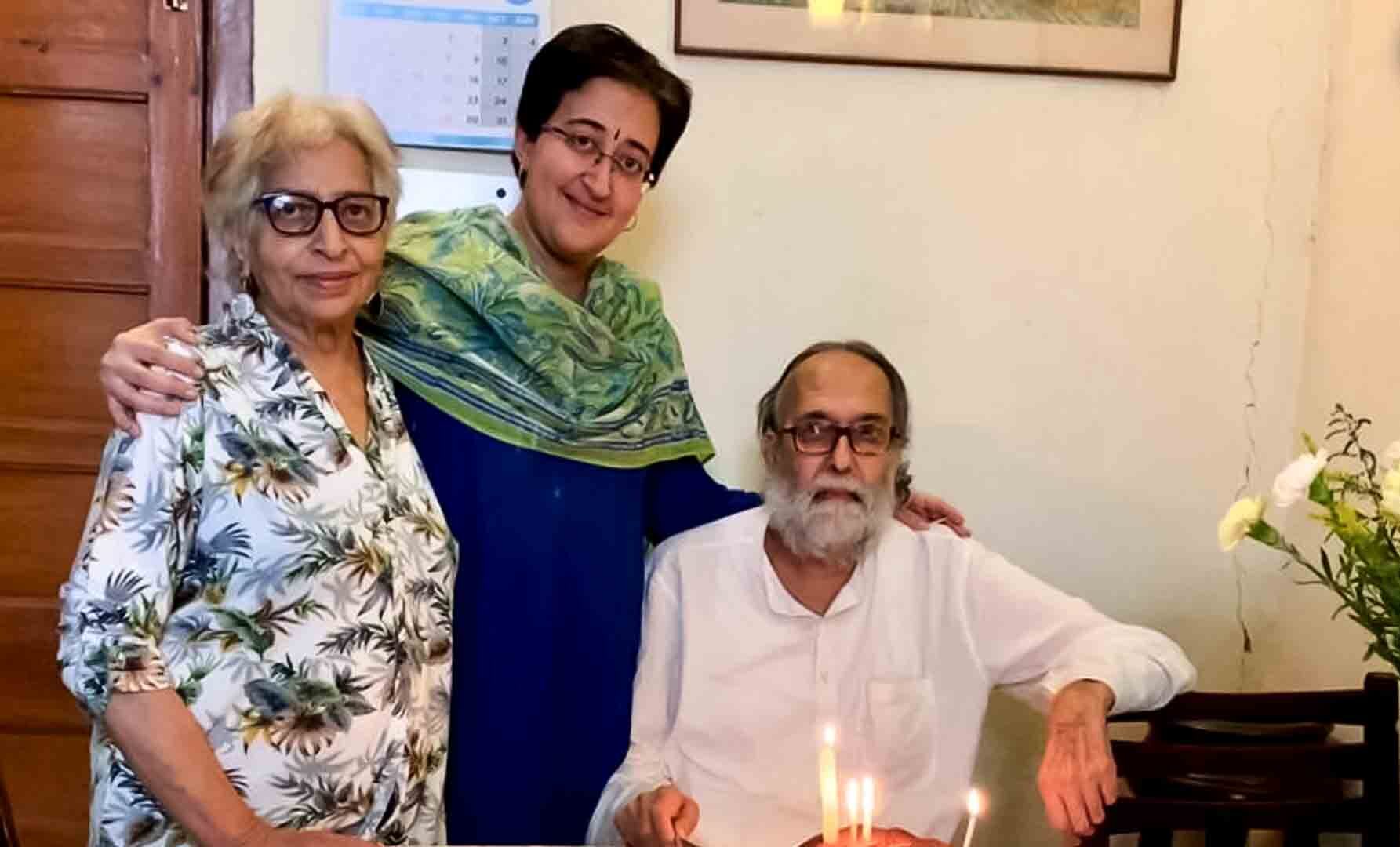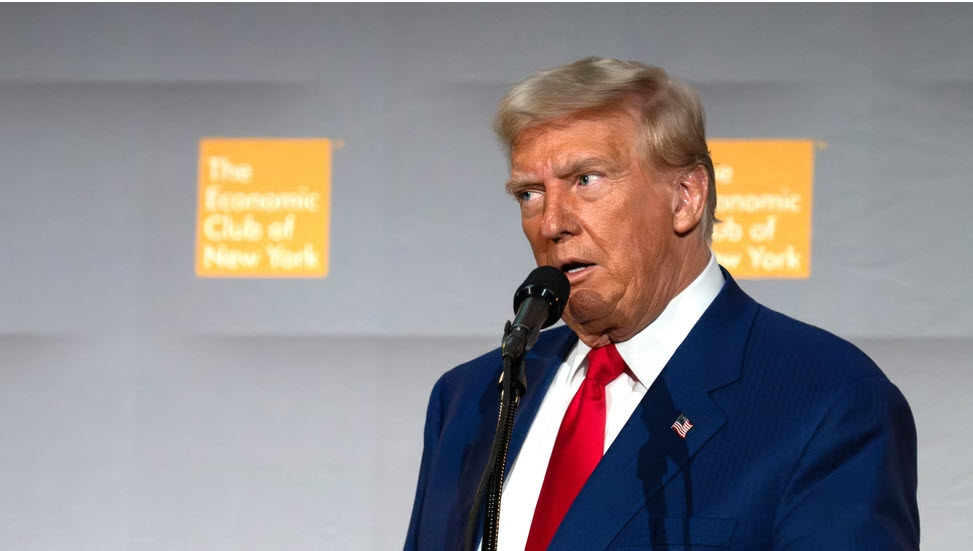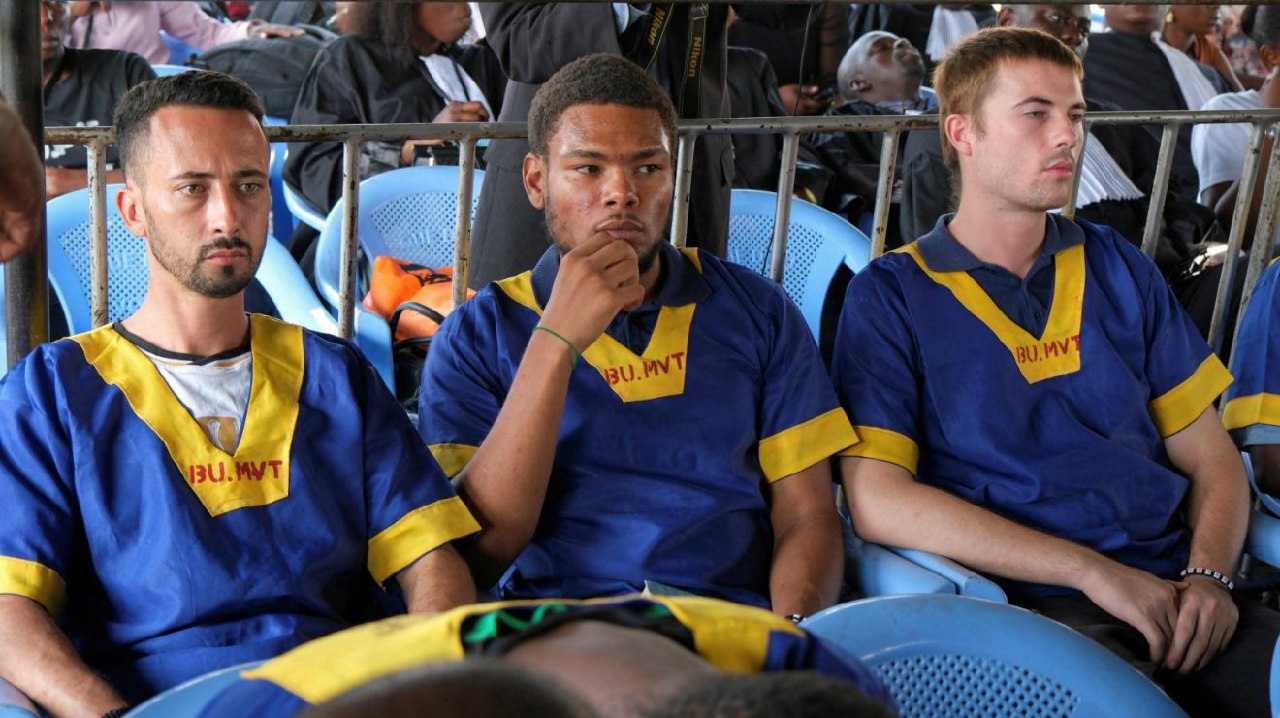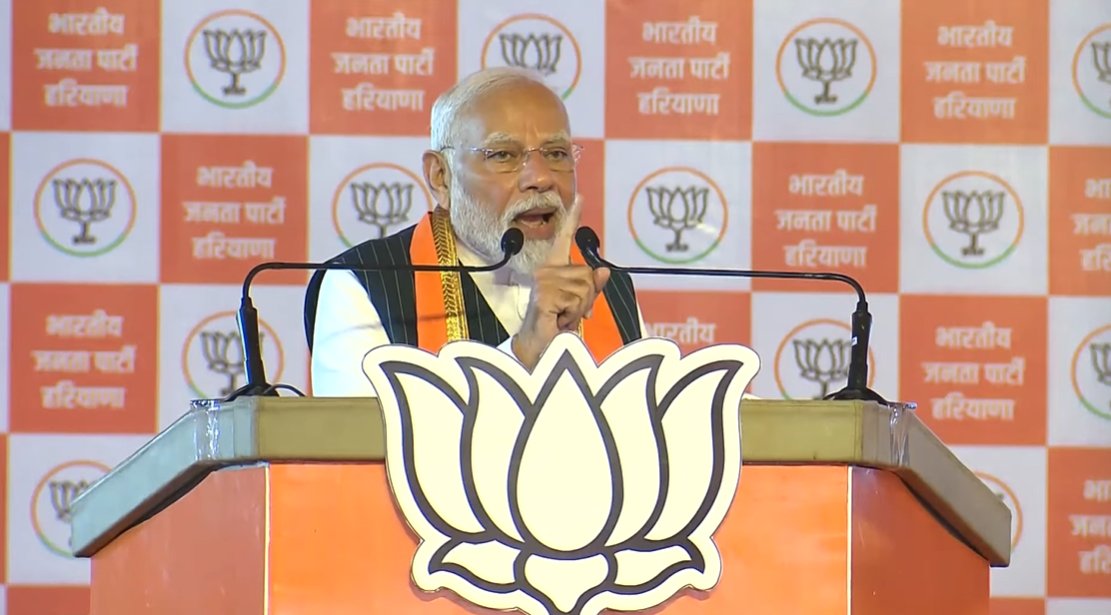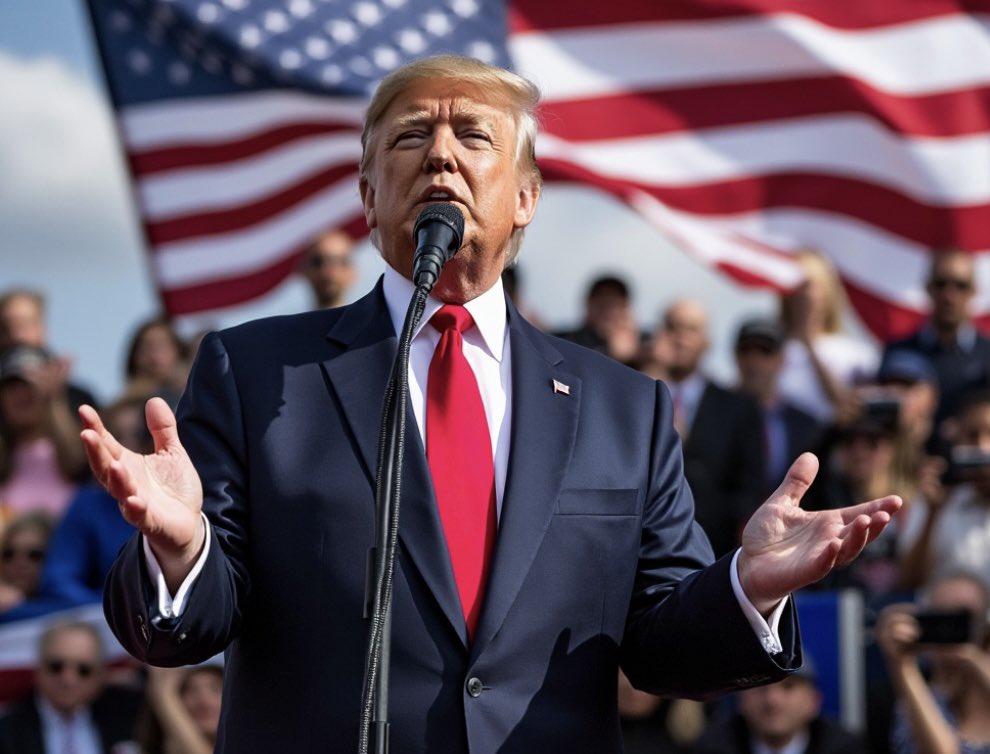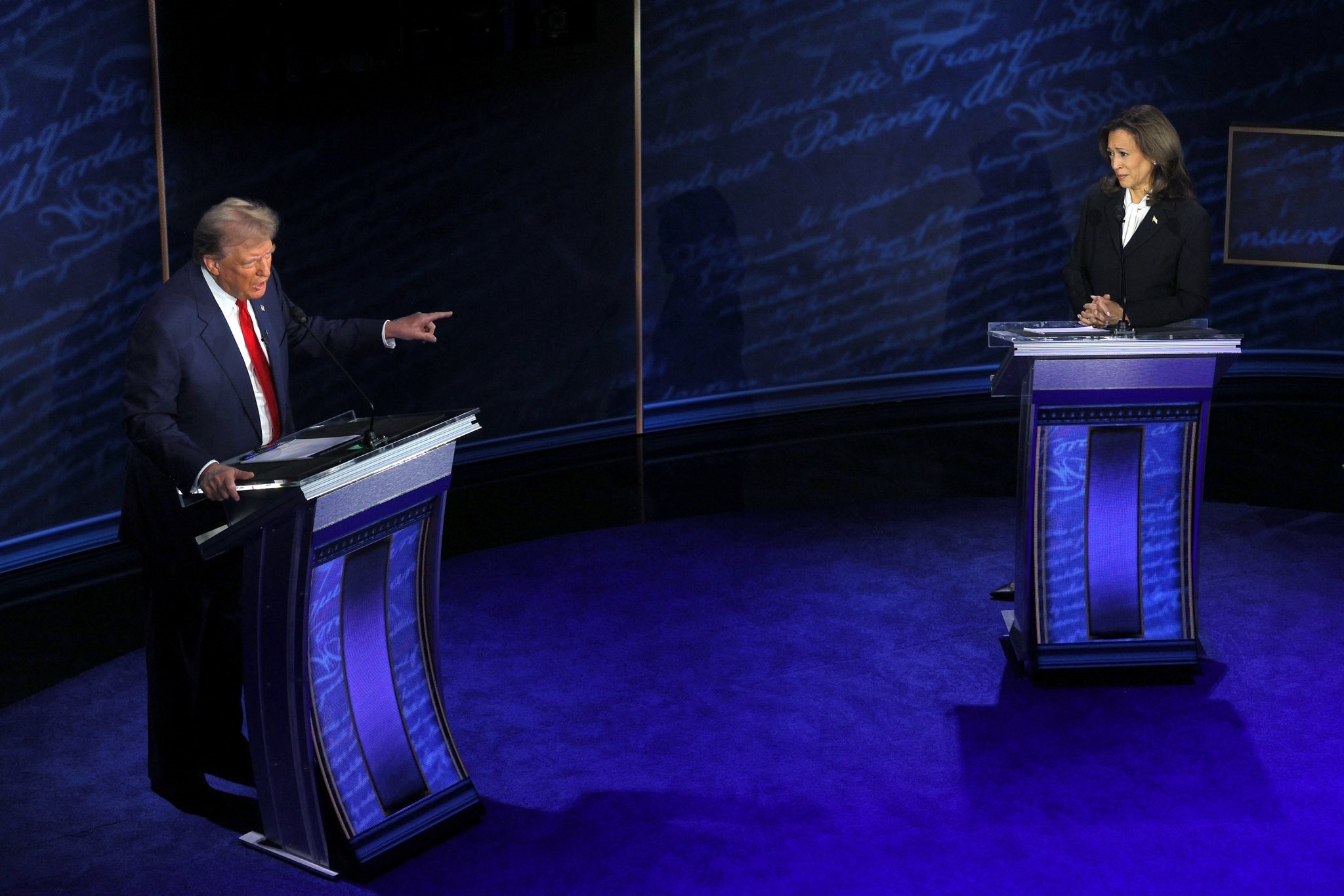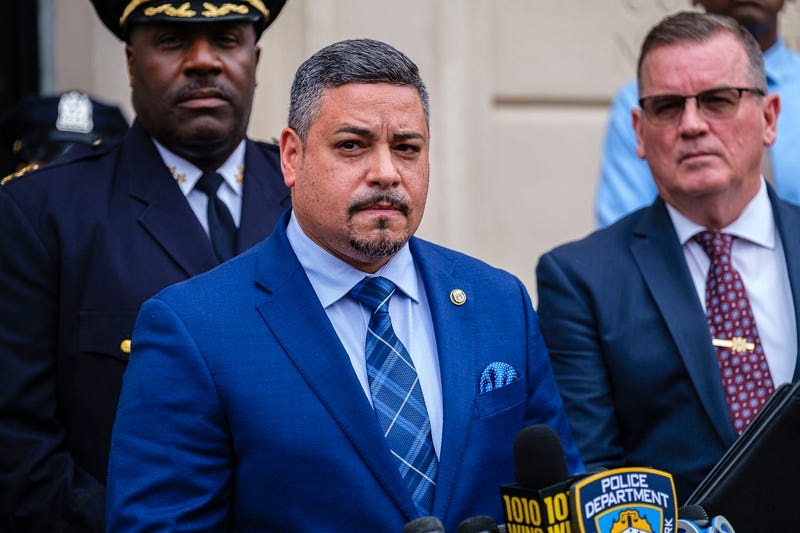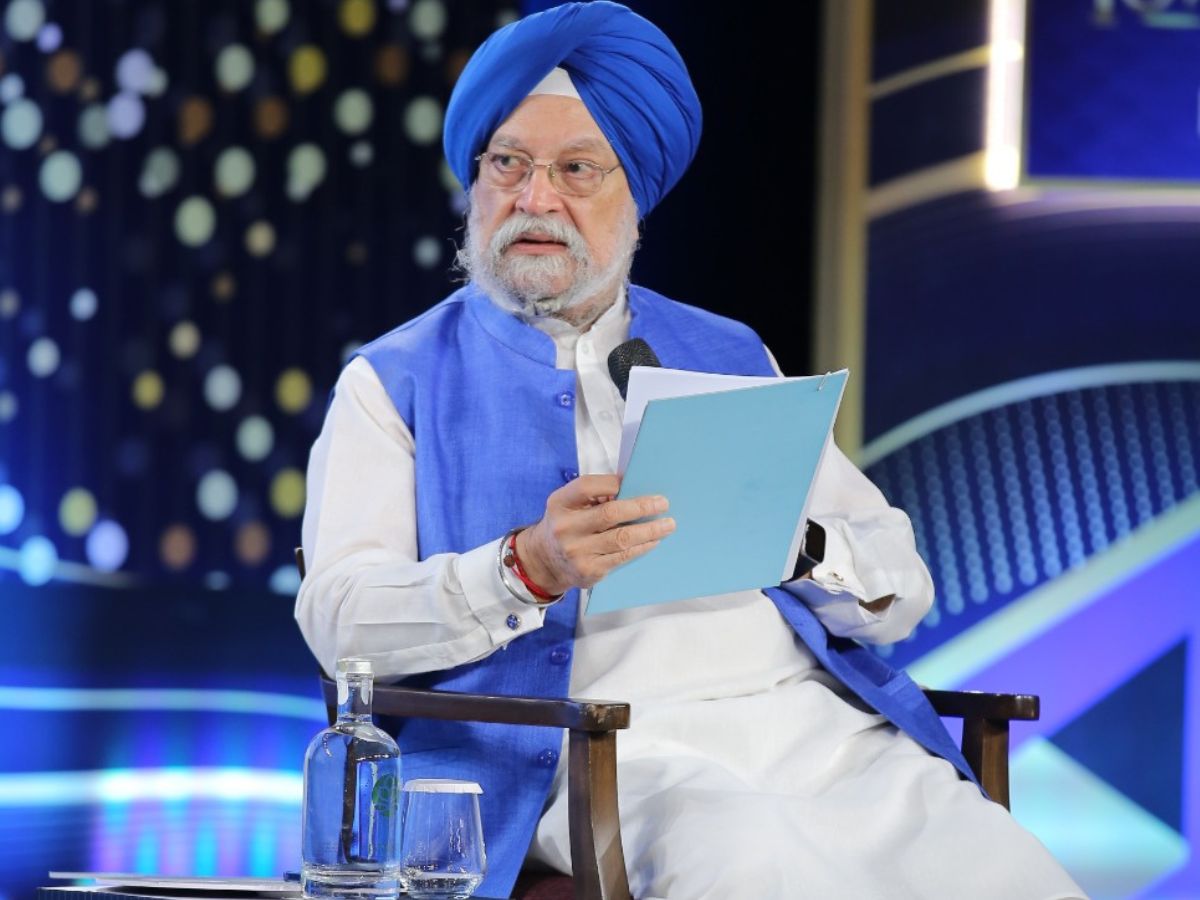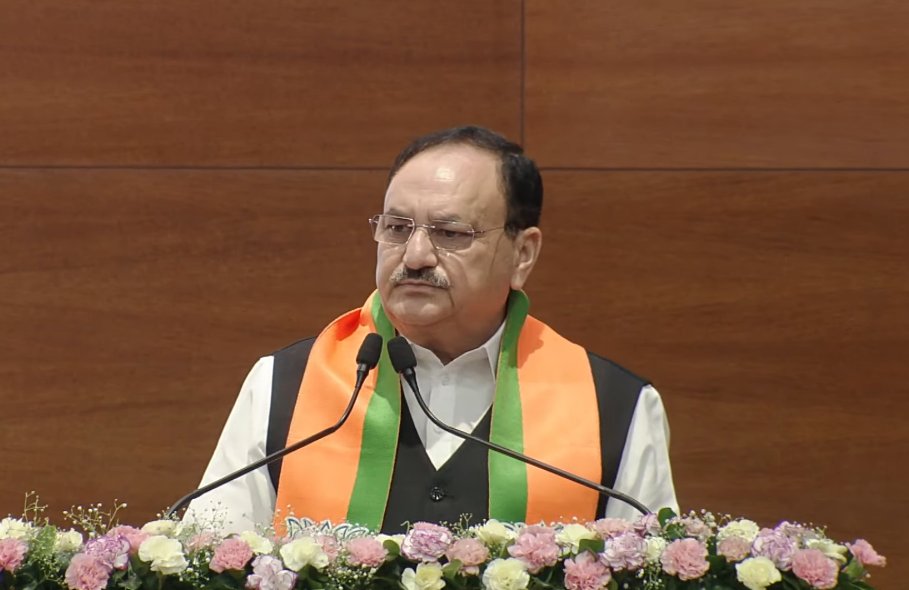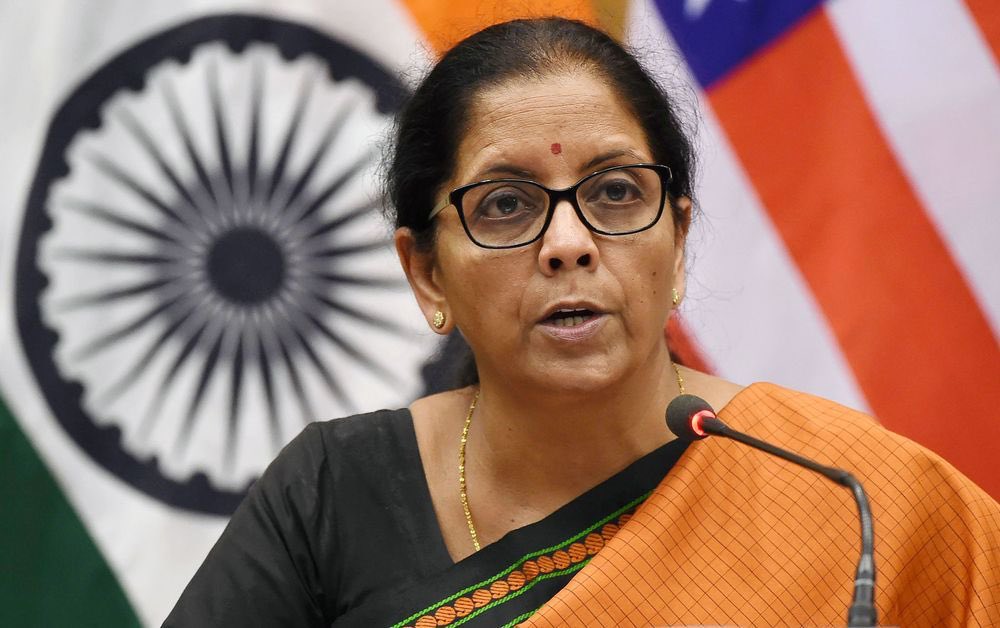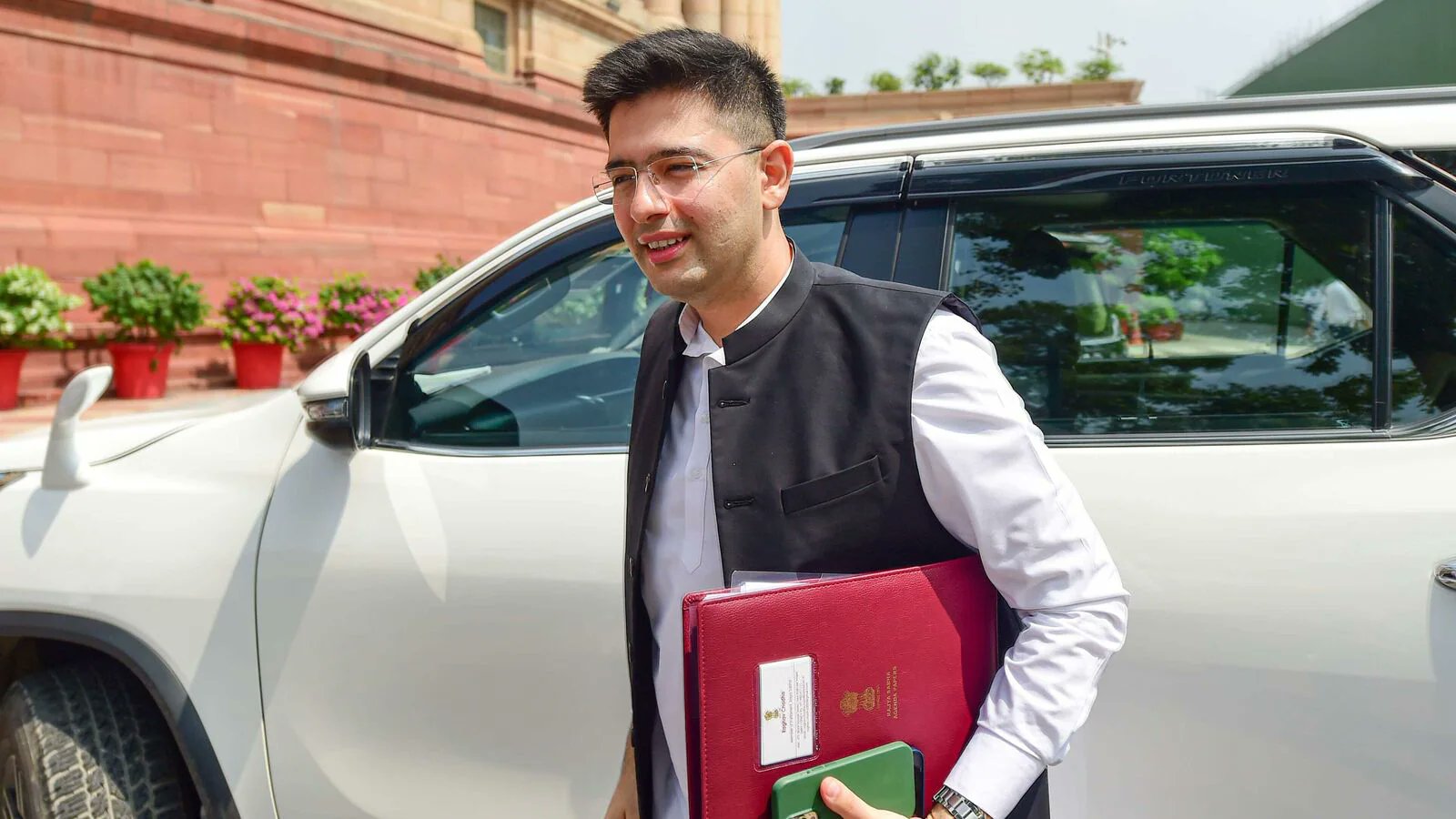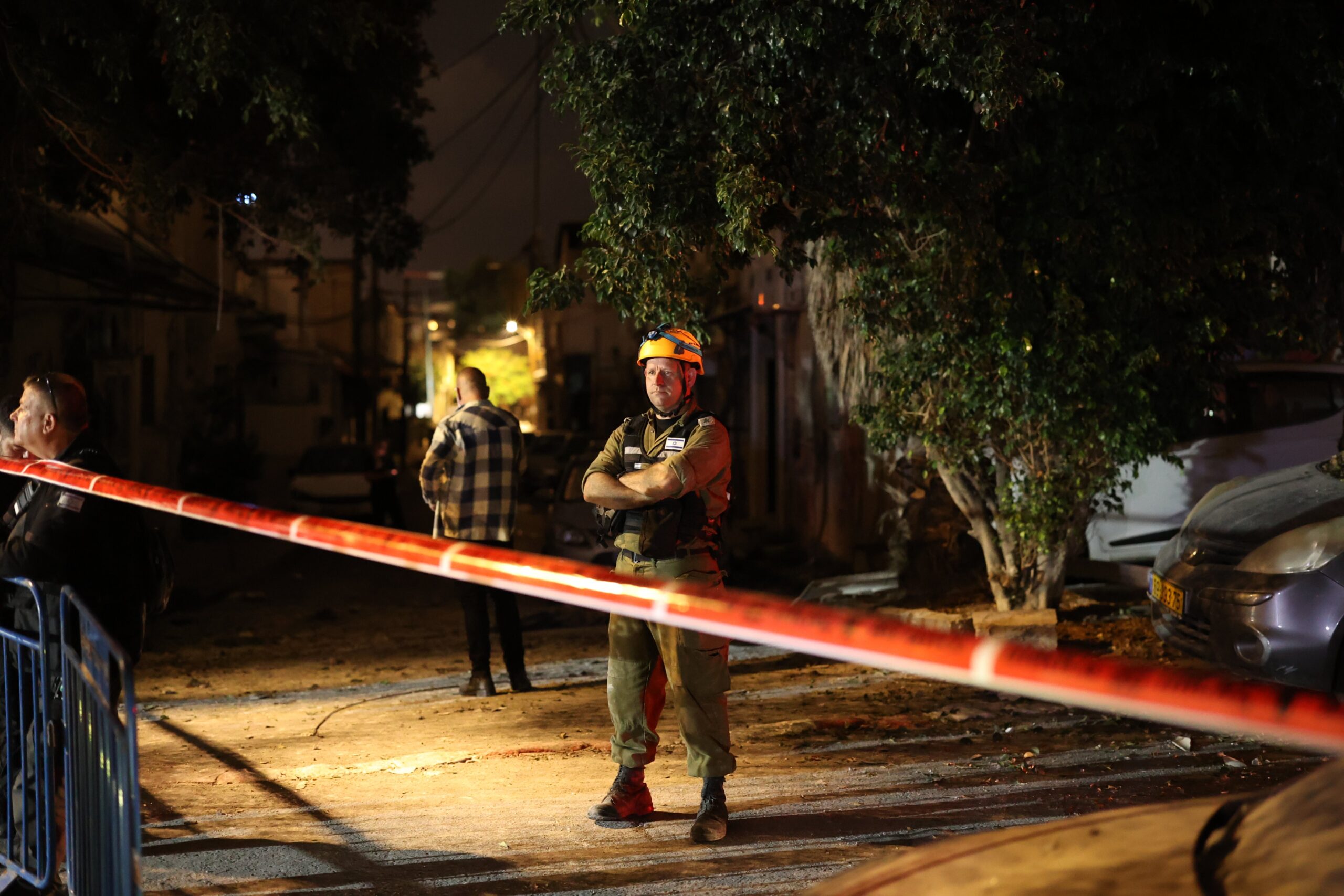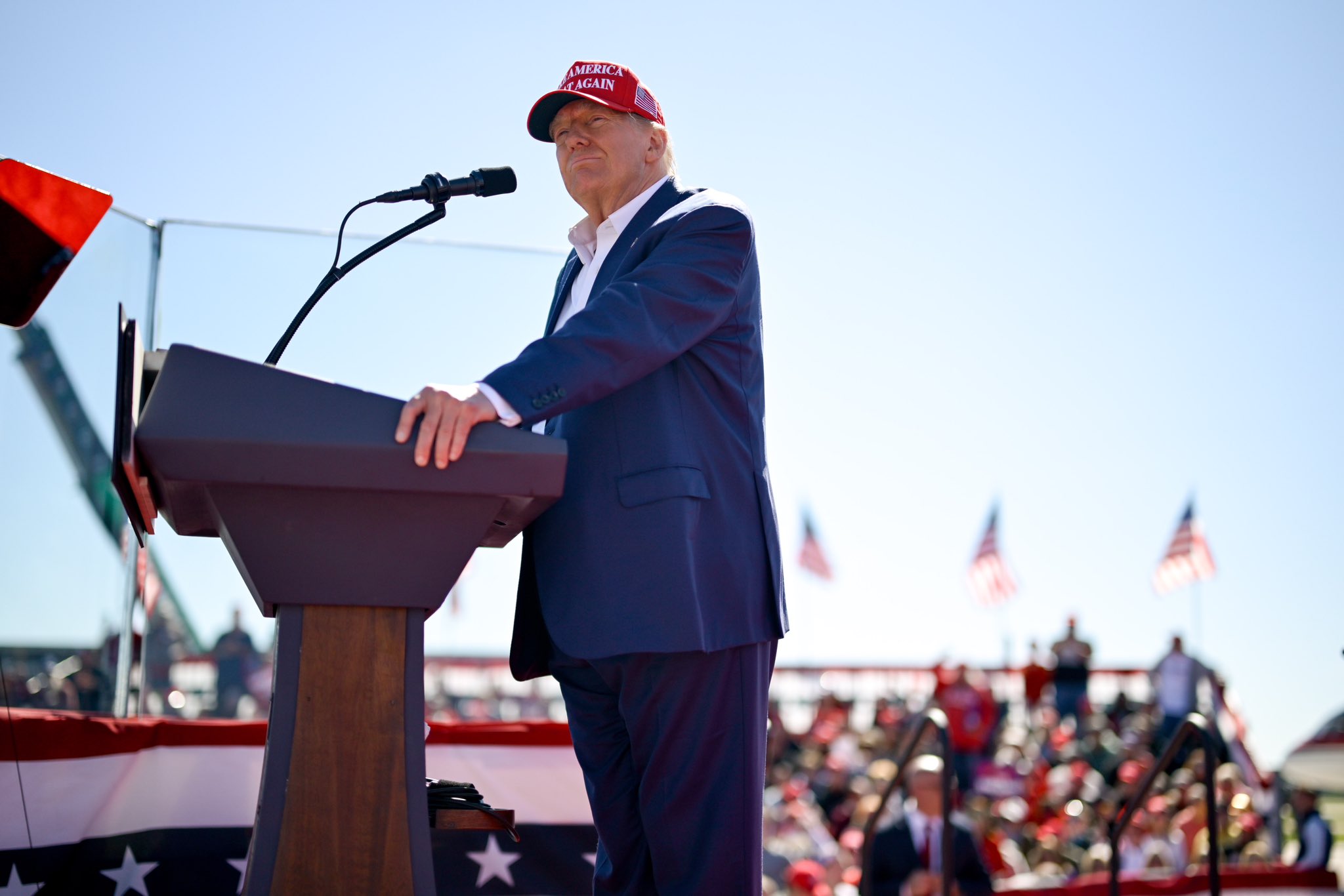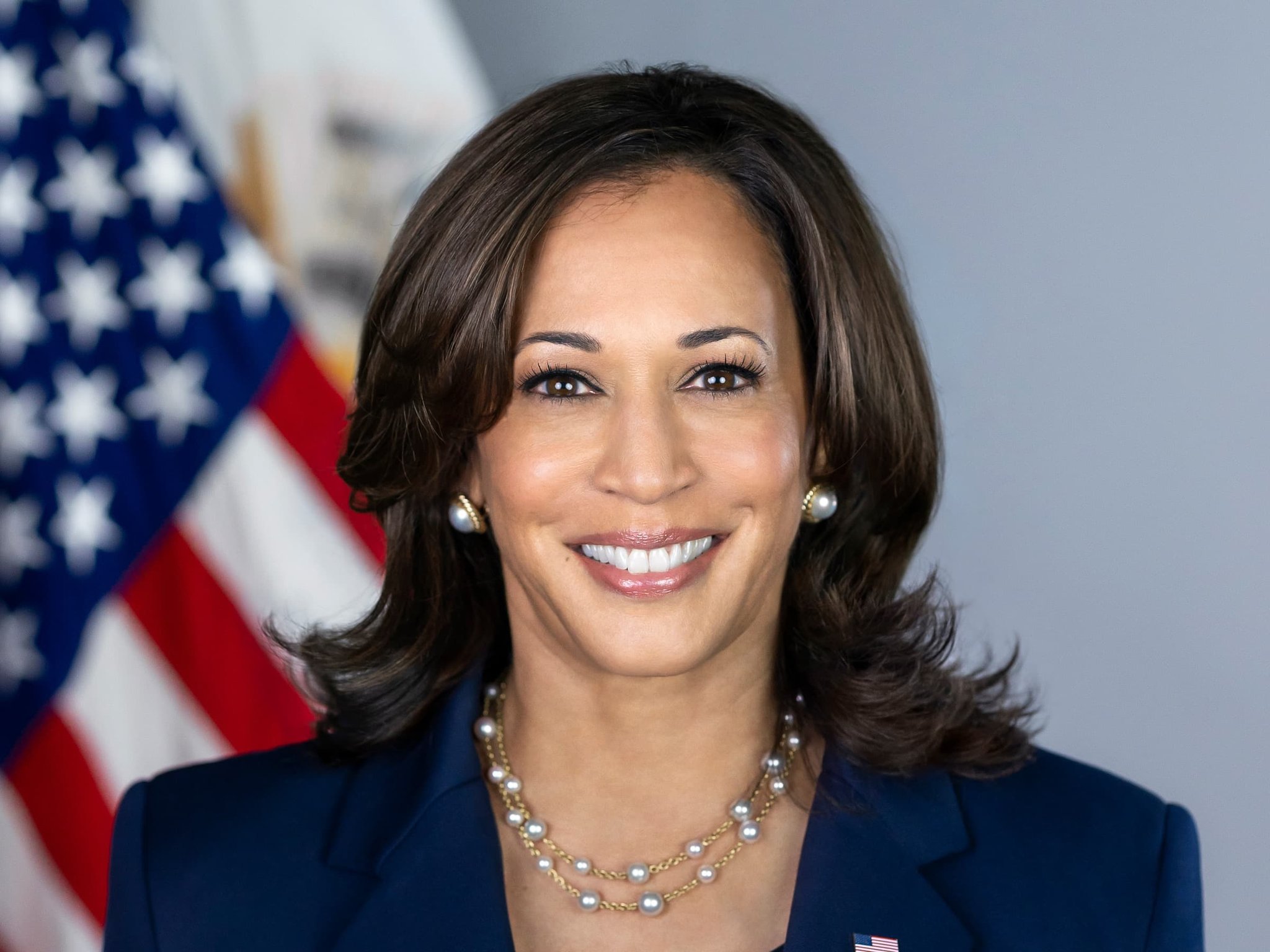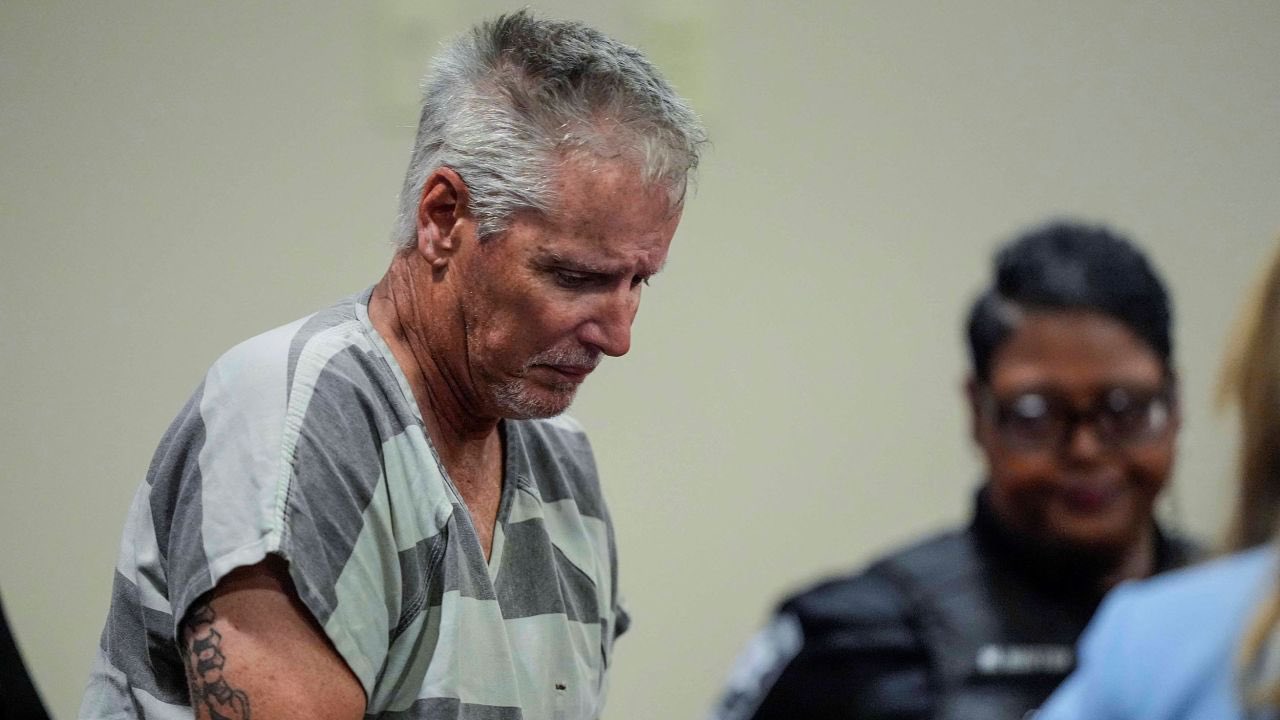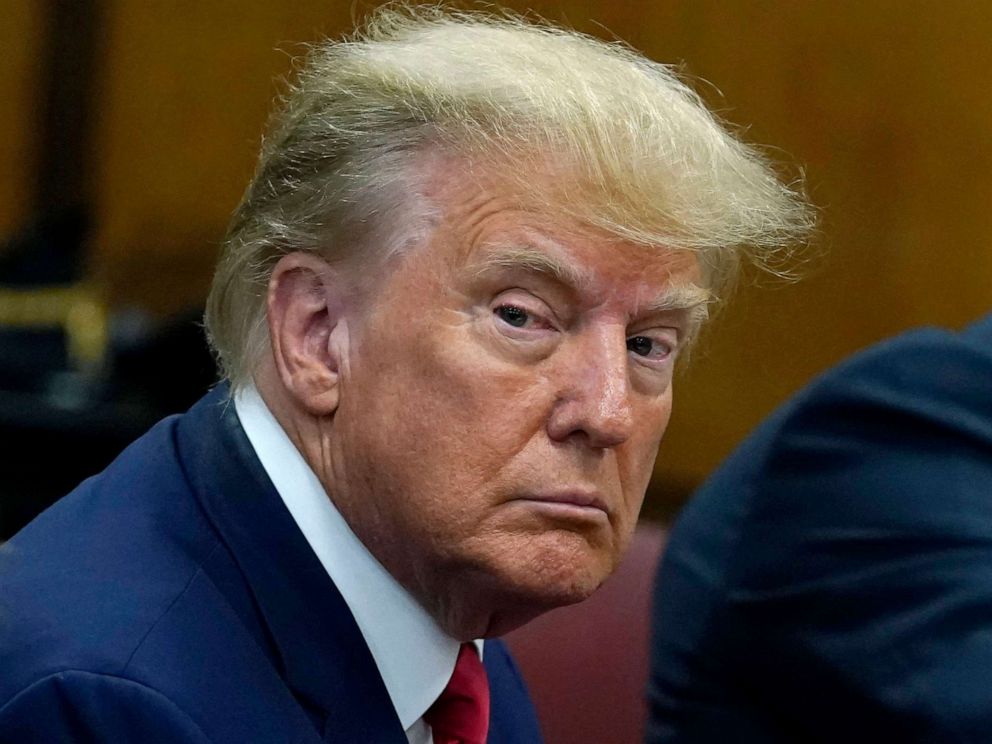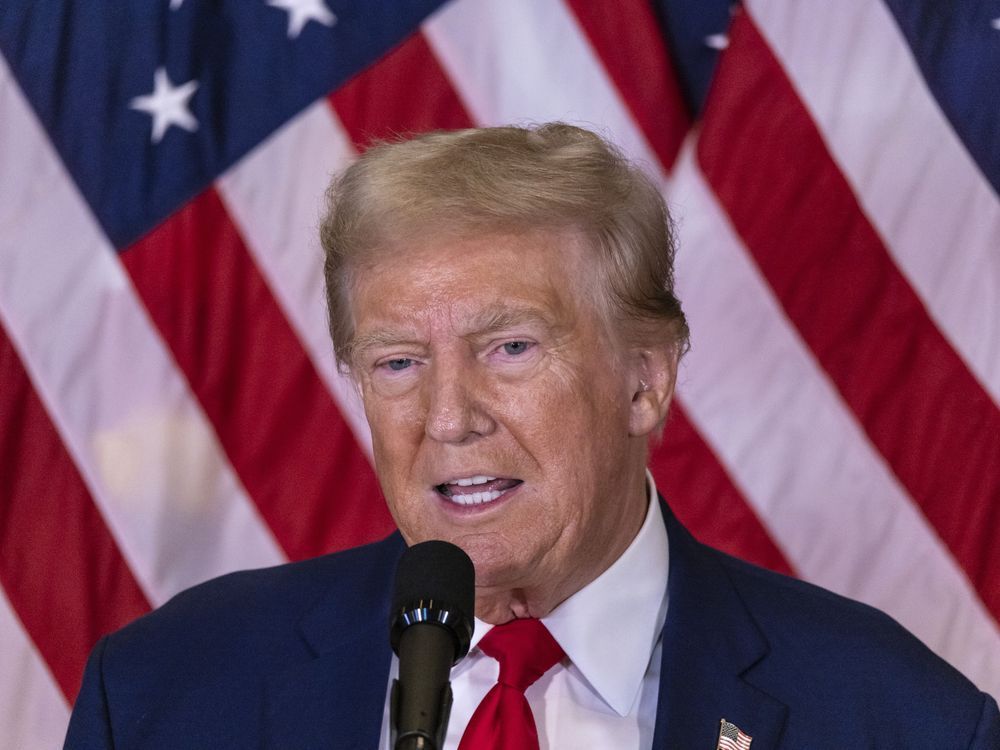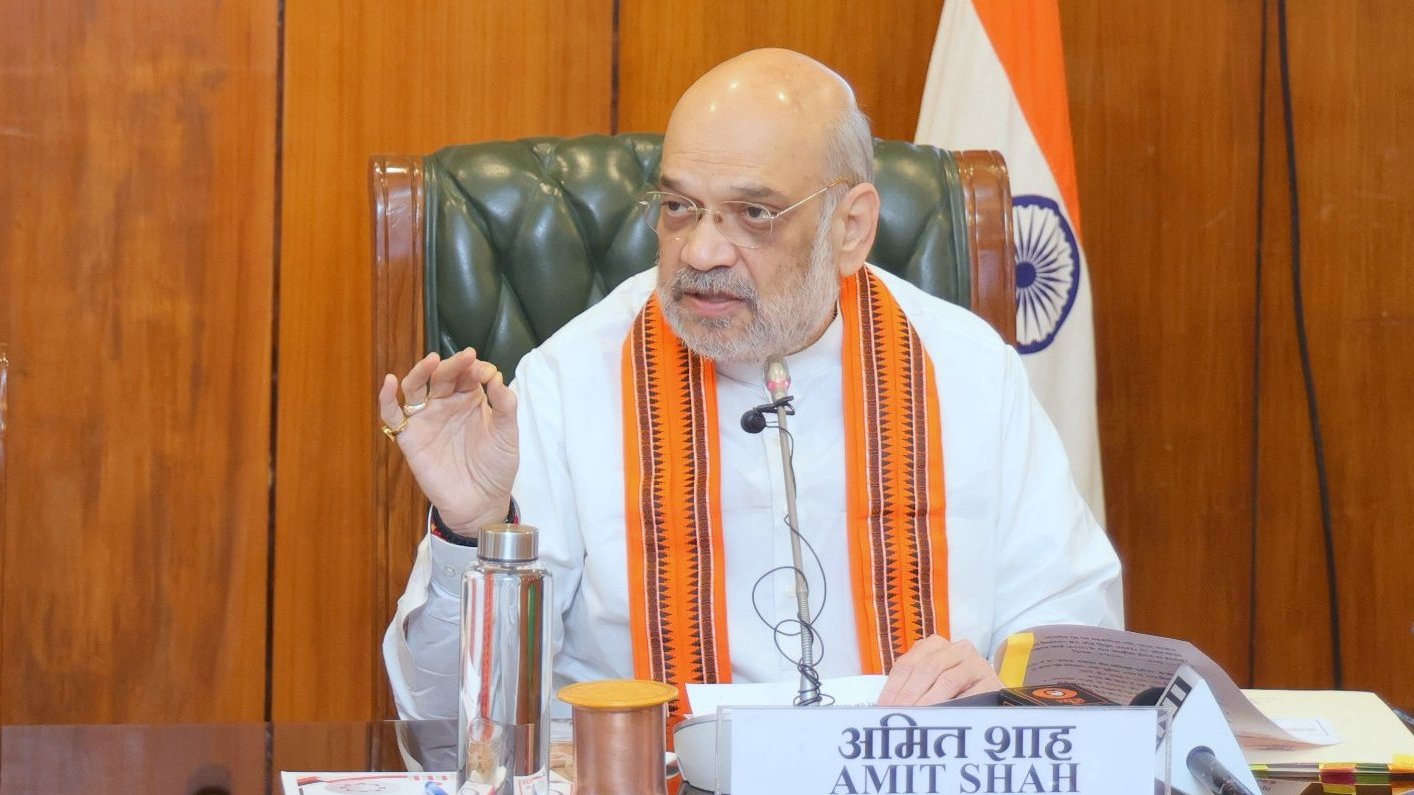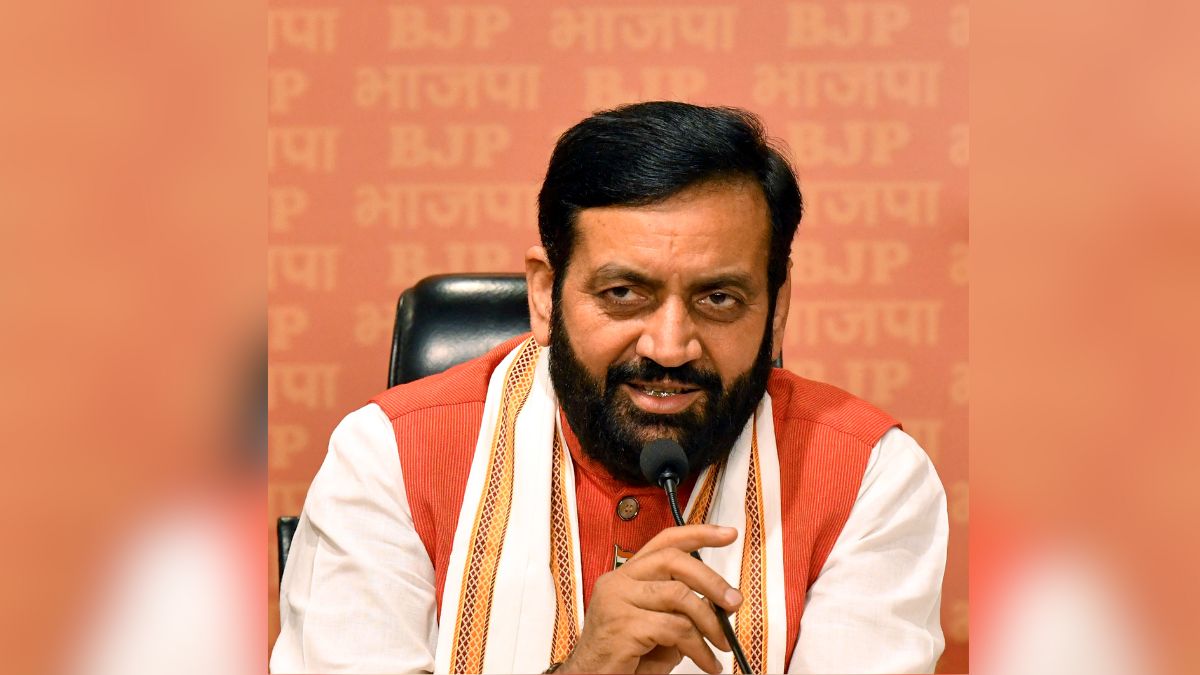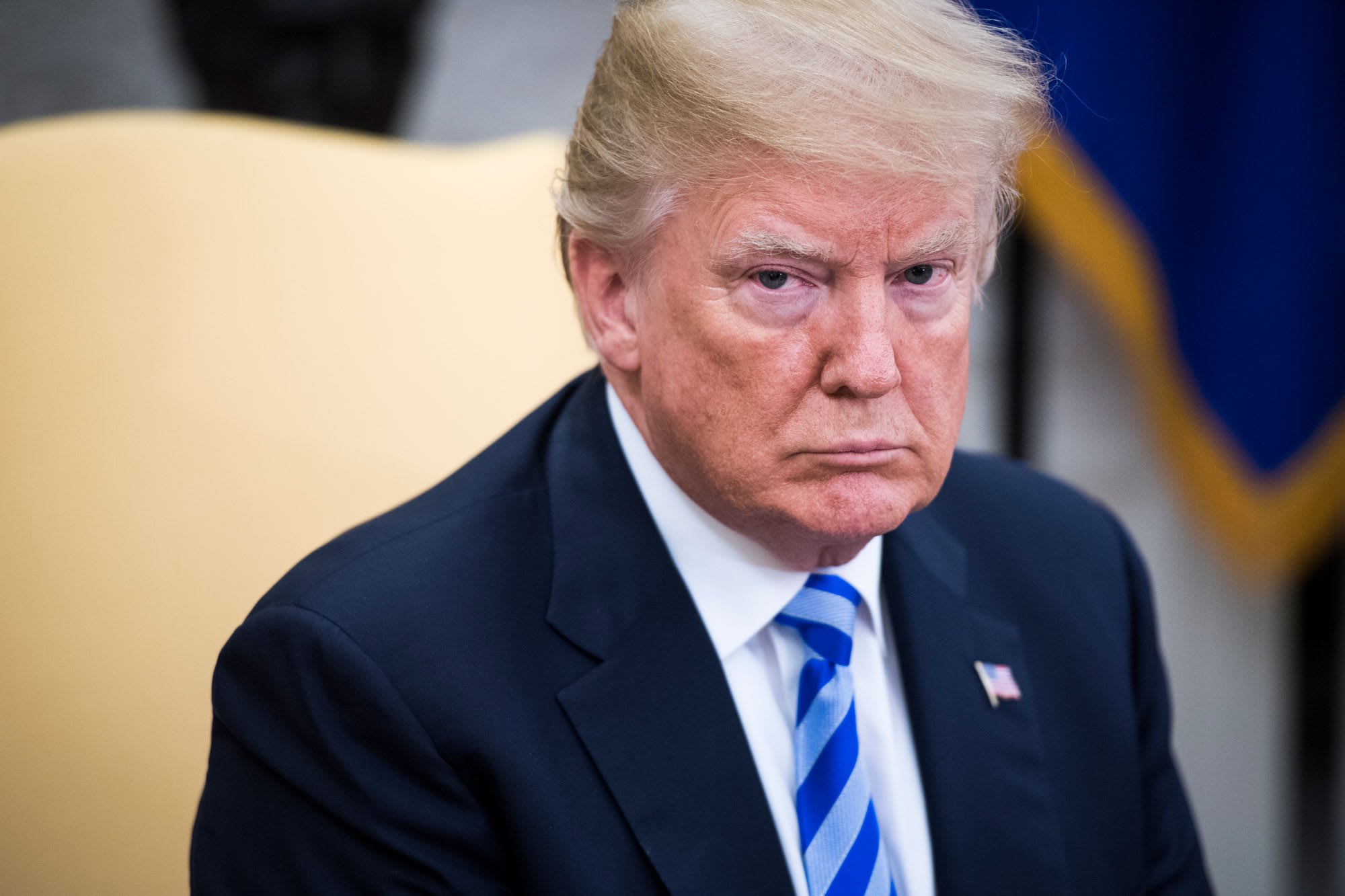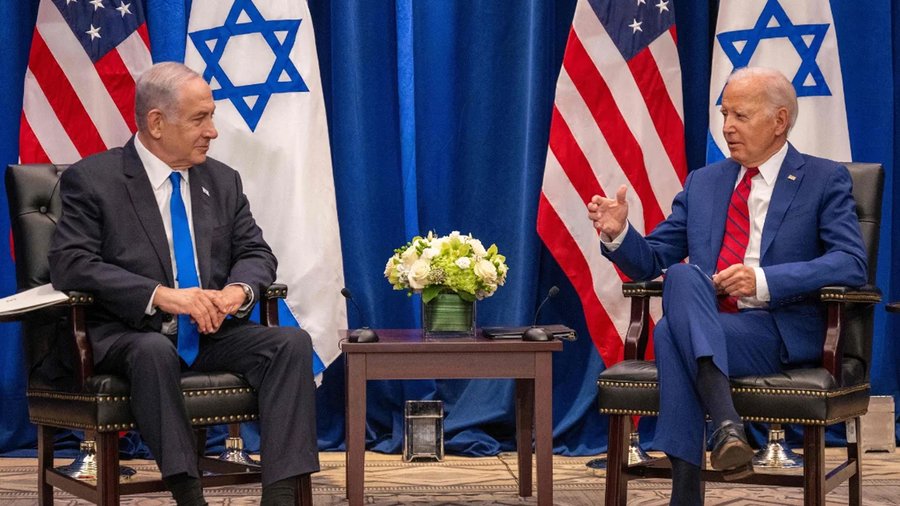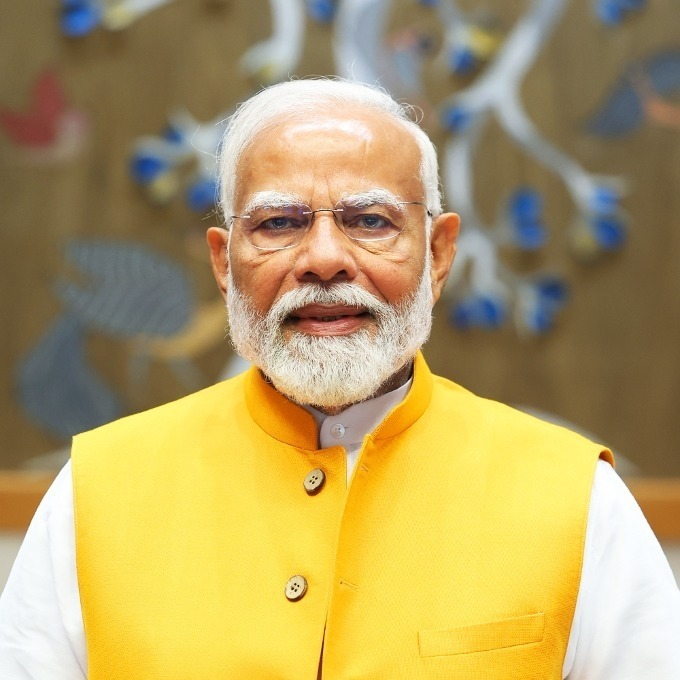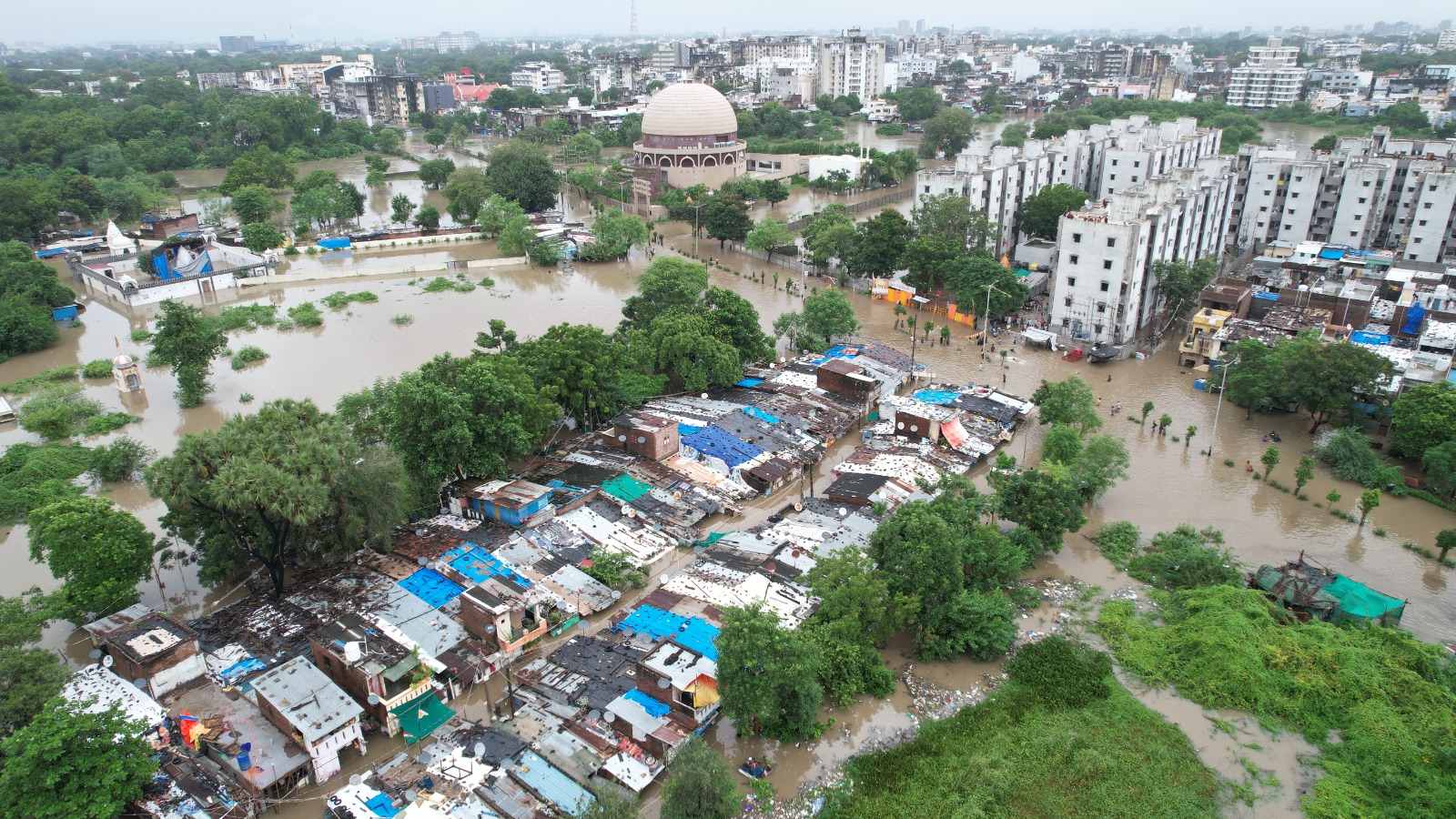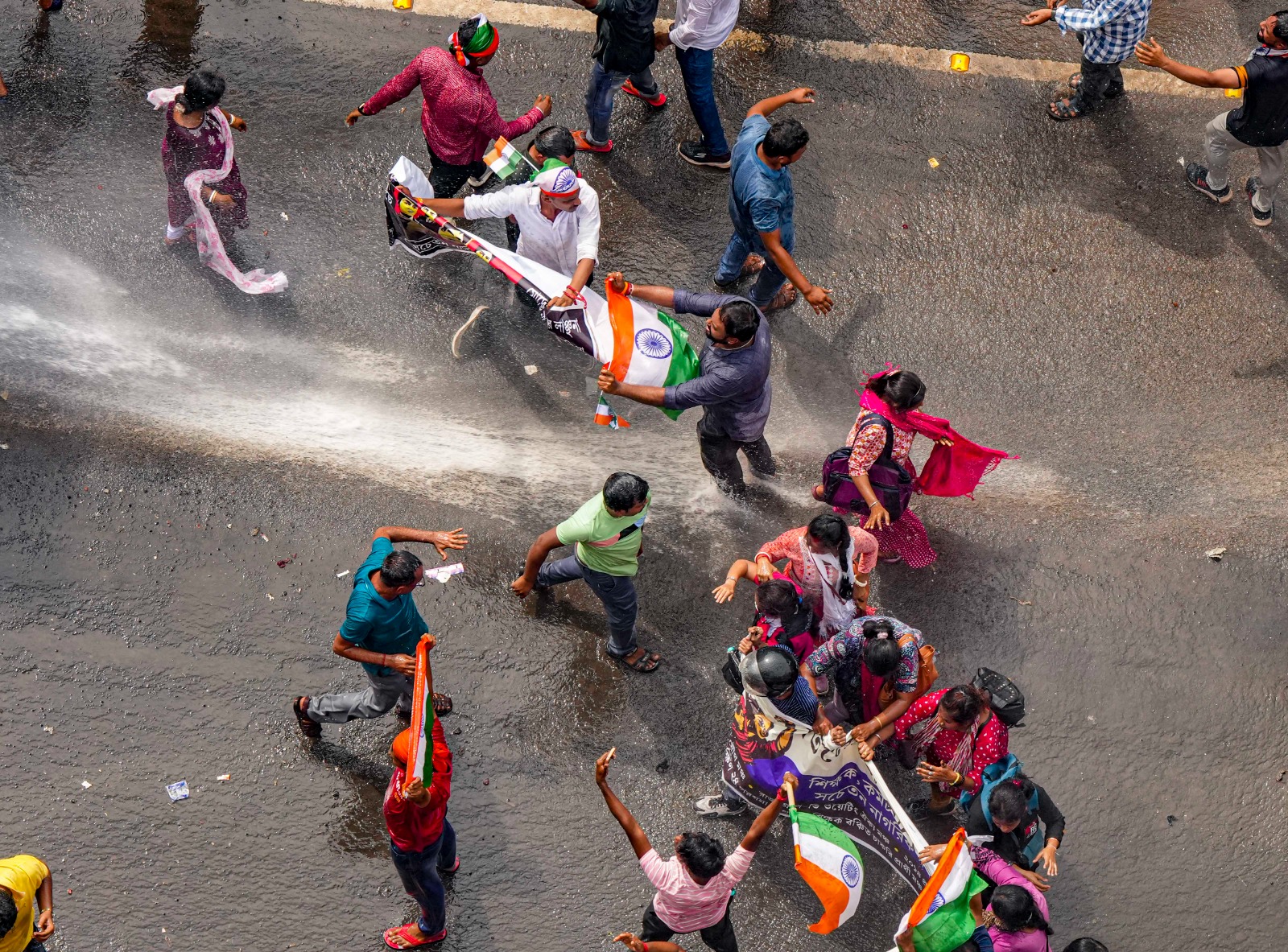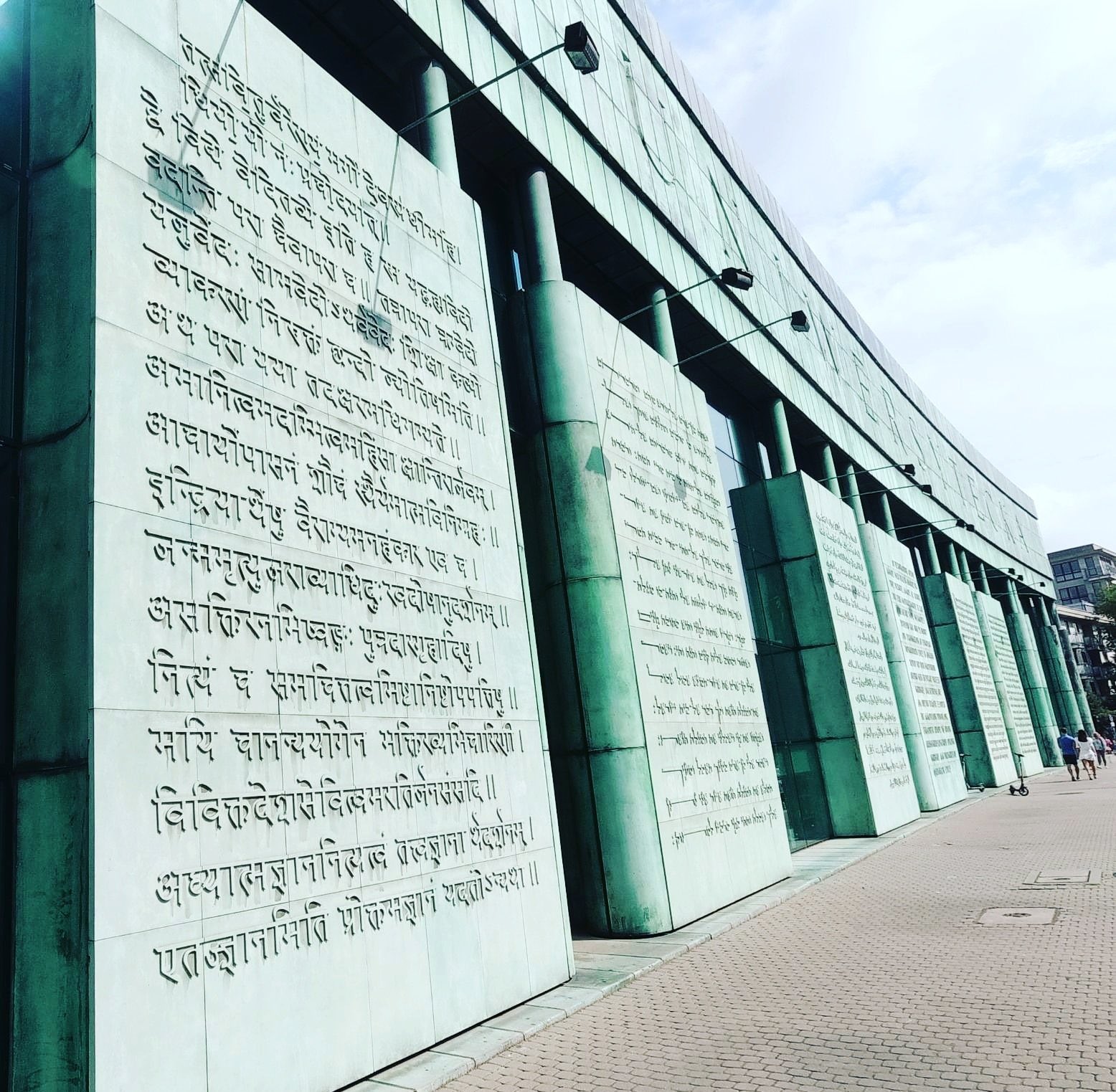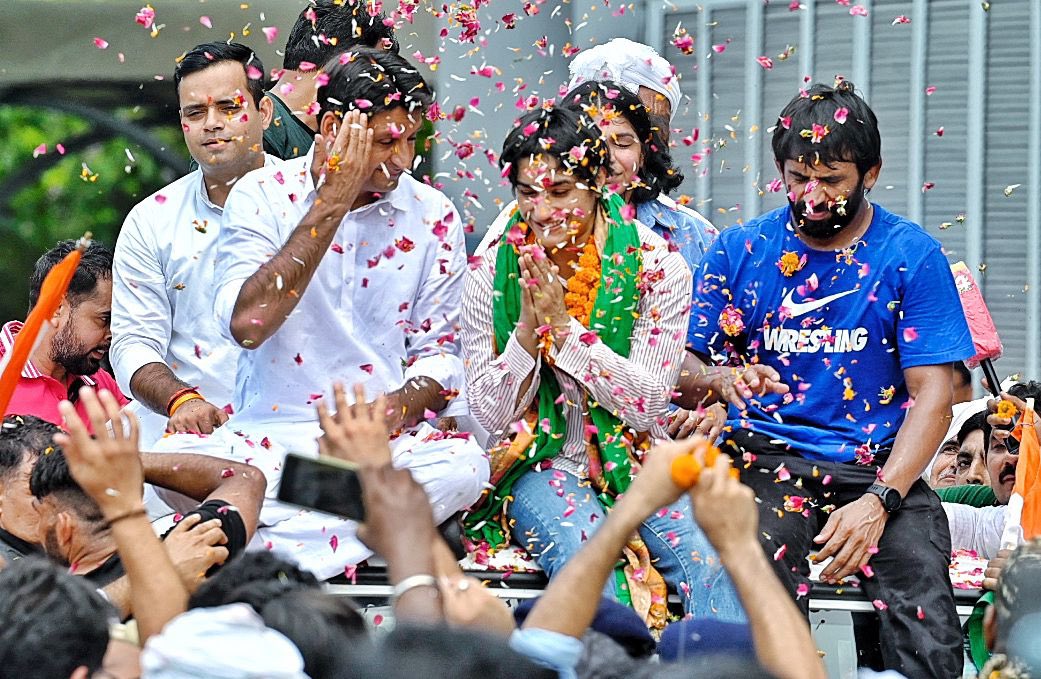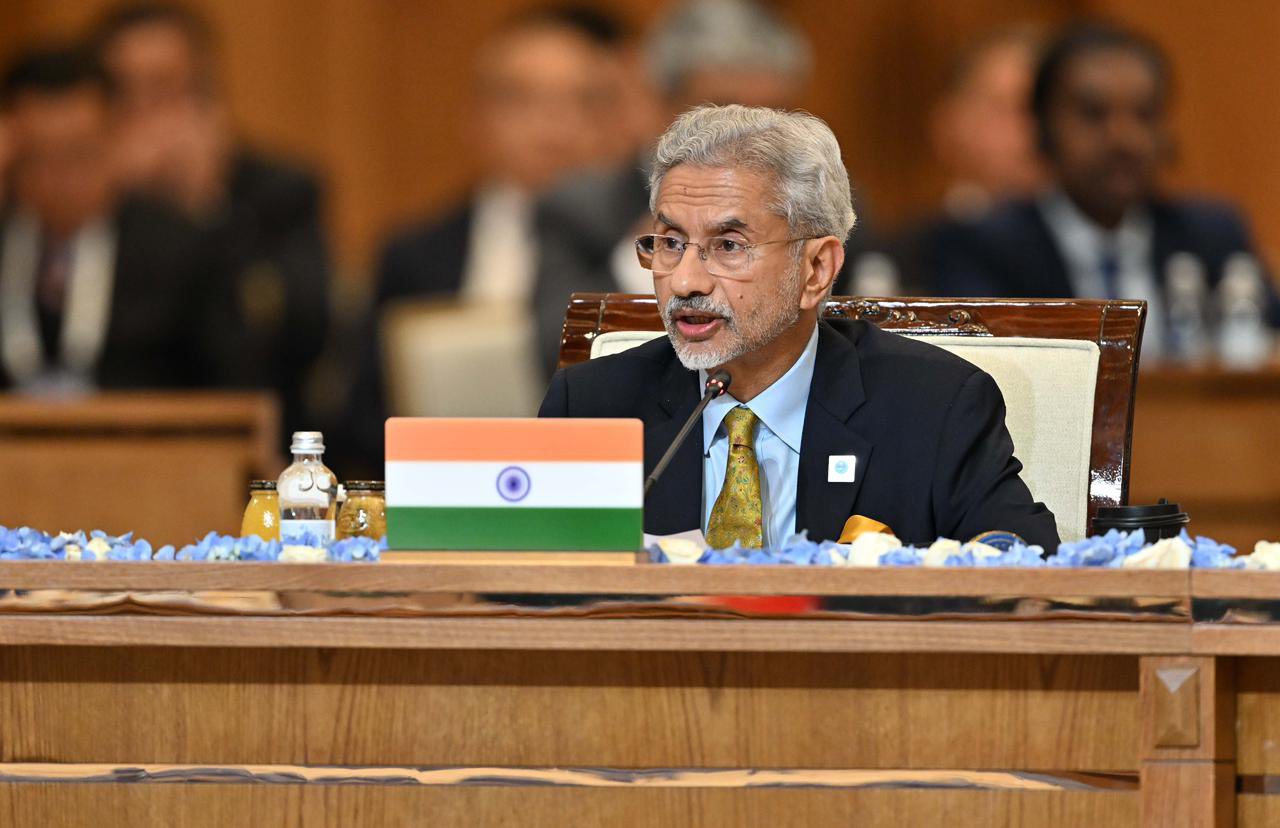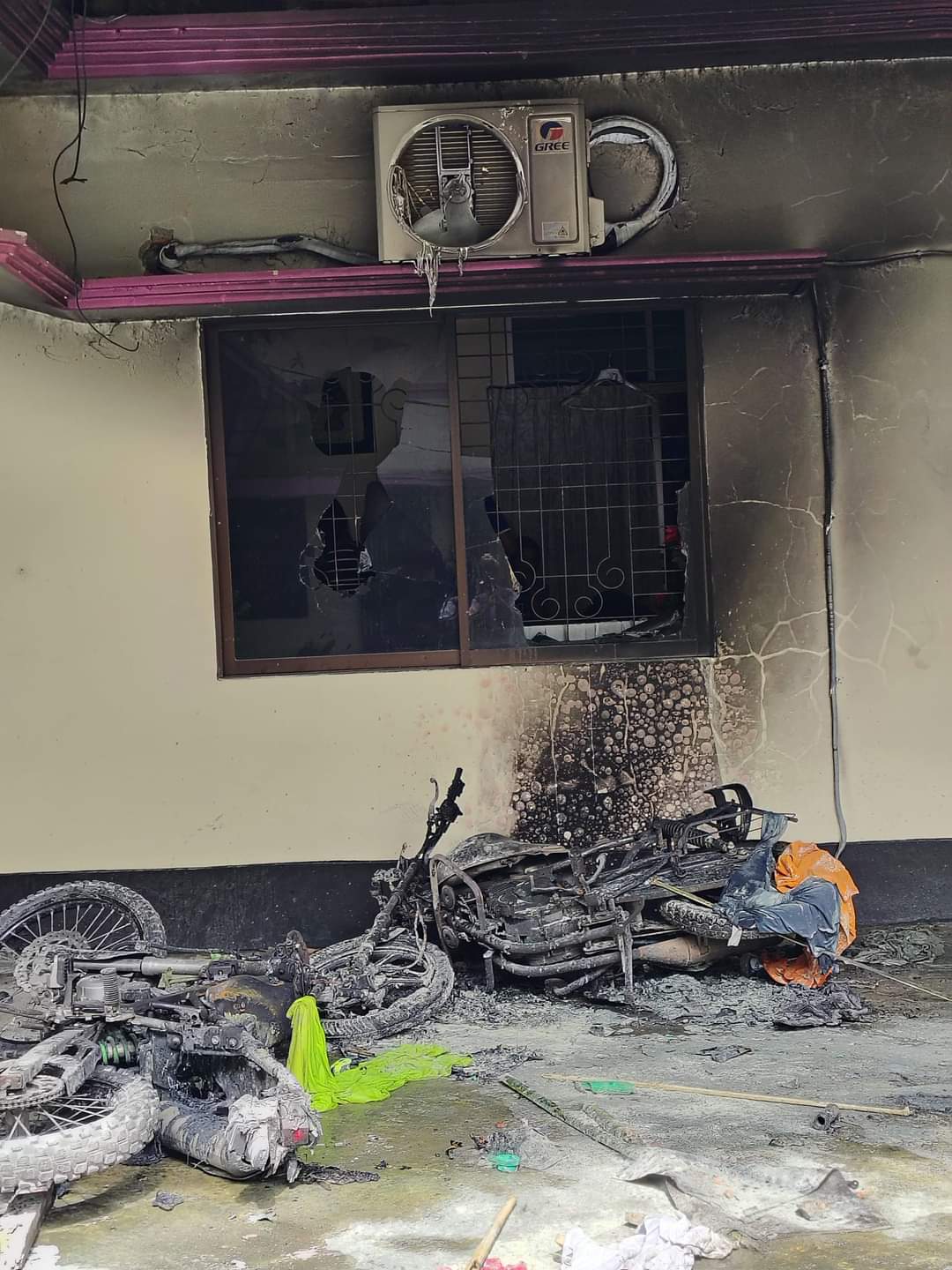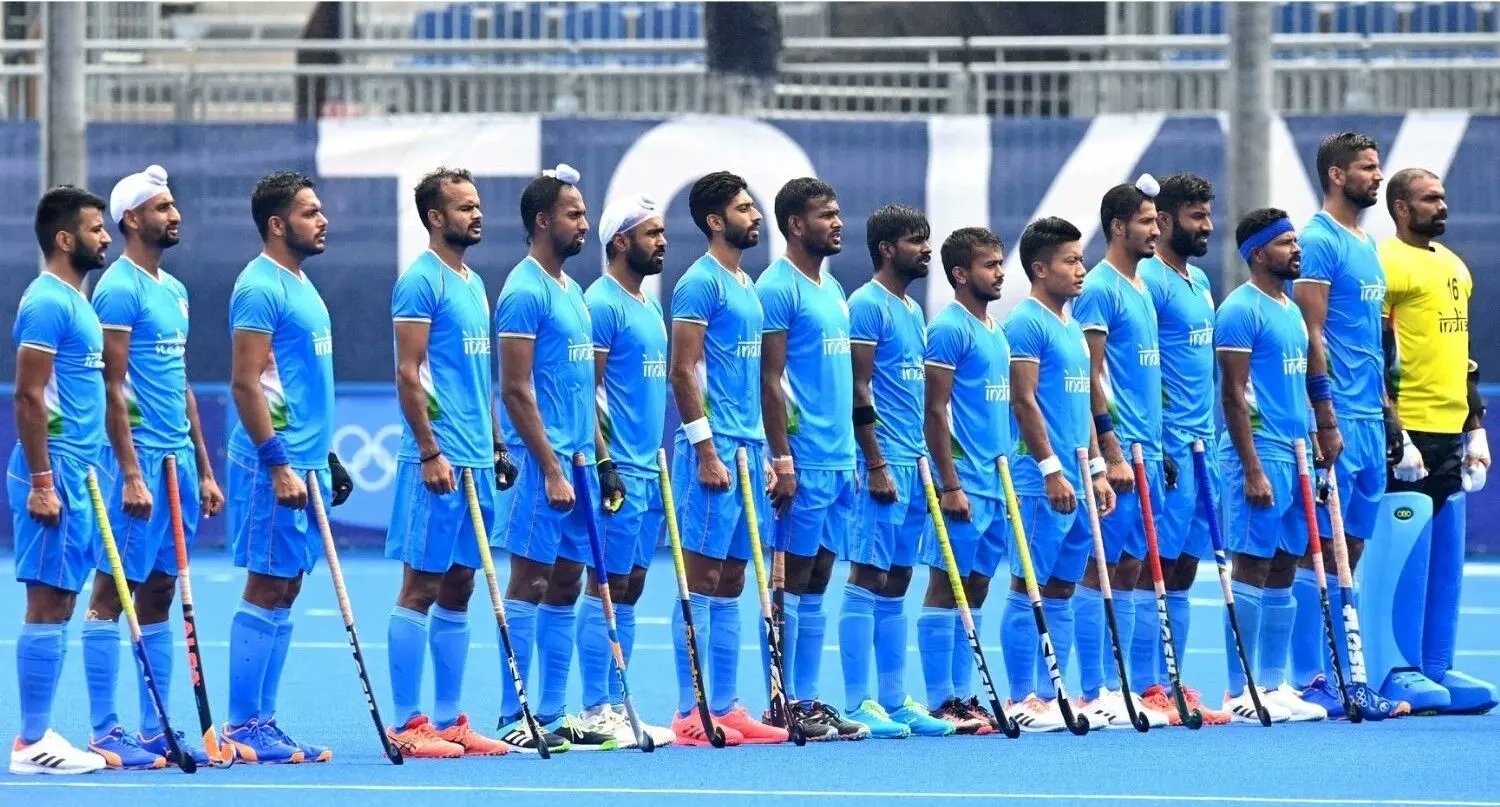As the 2024 presidential election looms, echoes of 2020 reverberate across battleground states. This week, the Justice Department unveiled a detailed roadmap exposing how former President Donald Trump and his allies attempted to overturn the results of the 2020 election. Election officials and voting rights advocates are now bracing for a repeat of similar strategies, but with a more refined and coordinated effort from Republican activists.
In battleground states, Republicans are aggressively raising alarms over noncitizen voting—a rare occurrence in federal elections, according to experts. GOP officials are not only contesting thousands of voters’ registrations but are also laying the groundwork to challenge the once-routine certification of election results. An avalanche of pre-election lawsuits in swing states signals their intention to scrutinize every aspect of the voting process.
Parallels to 2020 Election Challenges
Sean Morales-Doyle, the director of the Brennan Center’s voting rights program, pointed out, “There are a number of parallels in the strategy we are seeing develop to what we saw in 2020. The election deniers’ playbook—the plan to subvert the outcome of the election—is more coordinated, more planned out, and much better funded than it was four years ago.”

Special counsel Jack Smith’s latest filing, unsealed this week, paints a vivid picture of the pressure campaign Trump led in 2020 to contest the election results. However, while the 2020 efforts ultimately failed, the tactics have evolved. GOP activists and officials are laying the groundwork to dispute results again if Trump falls short in 2024.
Hannah Fried, executive director of All Voting is Local, emphasized the alarming similarities between 2020 and 2024 strategies: “The attacks on voter eligibility, lies about immigrants voting, and attacks on methods of voting are about laying the groundwork for challenging results.”
Building a Legal and Public Battlefront
Smith’s filing recalls intense moments from the 2020 election, such as scenes at the TCF Center in Detroit, where angry protesters, spurred by baseless claims of voter fraud, attempted to disrupt poll workers. Such tactics, which led to chaos and even threats against election officials, appear poised to return. Republican officials, like Michael Whatley, Republican National Committee (RNC) Chairman, stress the importance of monitoring elections. He highlighted ongoing efforts to recruit an unprecedented number of attorneys and poll watchers to scrutinize the 2024 election administration. “You have to be in the room when the votes are being counted,” Whatley stated during a recruitment event in Michigan.
Last month, the RNC announced that it had enlisted over 200,000 volunteers as poll watchers, raising concerns that some of these individuals, fueled by misinformation, could pose challenges for election workers. Election officials, like Gwinnett County’s Zach Manifold, expressed concern about untrained public observers who might disrupt the process based on misconceptions spread online.
Noncitizen Voting and Voter Rolls Scrutiny
In addition to questioning election administration, Republicans continue to raise the specter of widespread noncitizen voting. Conservative attorney Cleta Mitchell warned of the threat posed by undocumented immigrants voting in 2024, despite the fact that such claims have been debunked by experts. This line of attack is mirrored in ongoing lawsuits and legislation. For instance, GOP lawmakers in the House passed a bill requiring proof of citizenship to vote, though it stalled in the Senate. Meanwhile, groups like America First Legal Foundation are pushing for federal immigration data to verify voter rolls, a move experts warn could purge eligible voters mistakenly listed as noncitizens.
READ ALSO – Melania Trump Expresses Support for Abortion Rights, Sparks Potential Divide with Husband Donald Trum
Challenges to Voting Machines and Certification
Smith’s latest filing highlights another recurring theme from 2020: baseless claims about the security of voting machines. While right-wing media outlets that spread these false claims faced legal consequences—such as Fox News’s $787 million settlement with Dominion Voting Systems—Republicans continue to question the machines’ safety. Trump allies in Georgia have even sought to block the use of Dominion machines, though they have failed to provide evidence of security breaches in past elections.
The pressure to disrupt the certification of elections also persists. Trump’s efforts to convince former Vice President Mike Pence to refuse certification in 2020 led to significant reforms. Congress updated the Electoral Count Act, clarifying the vice president’s ceremonial role in certifying elections. Nevertheless, Republicans in states like Georgia and Arizona are introducing new rules and regulations that could delay or block certification in 2024 under the pretext of investigating irregularities.
A Sophisticated Playbook for 2024
Looking ahead to 2024, election officials across the country are prepared for the heightened scrutiny and potential chaos. Democratic officials and voting rights advocates are warning of new attempts to undermine the certification process. In Arizona, for instance, officials are still grappling with the fallout from local election officials delaying certification in 2022—two of whom now face criminal charges.
Sean Morales-Doyle from the Brennan Center is optimistic but cautious. “The preparation for responding to that playbook is much more coordinated,” he said. “I am confident that these institutions will hold, and we will have a safe and secure election.”
As the election season intensifies, the stakes are higher than ever, with familiar battles over voter eligibility, voting methods, and election security expected to dominate the discourse once again. Election officials are gearing up for a turbulent season, with more sophisticated attacks on the democratic process.


